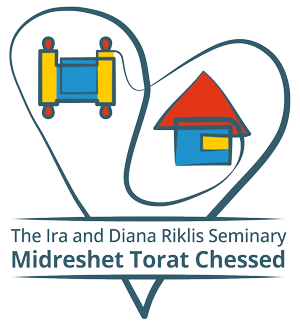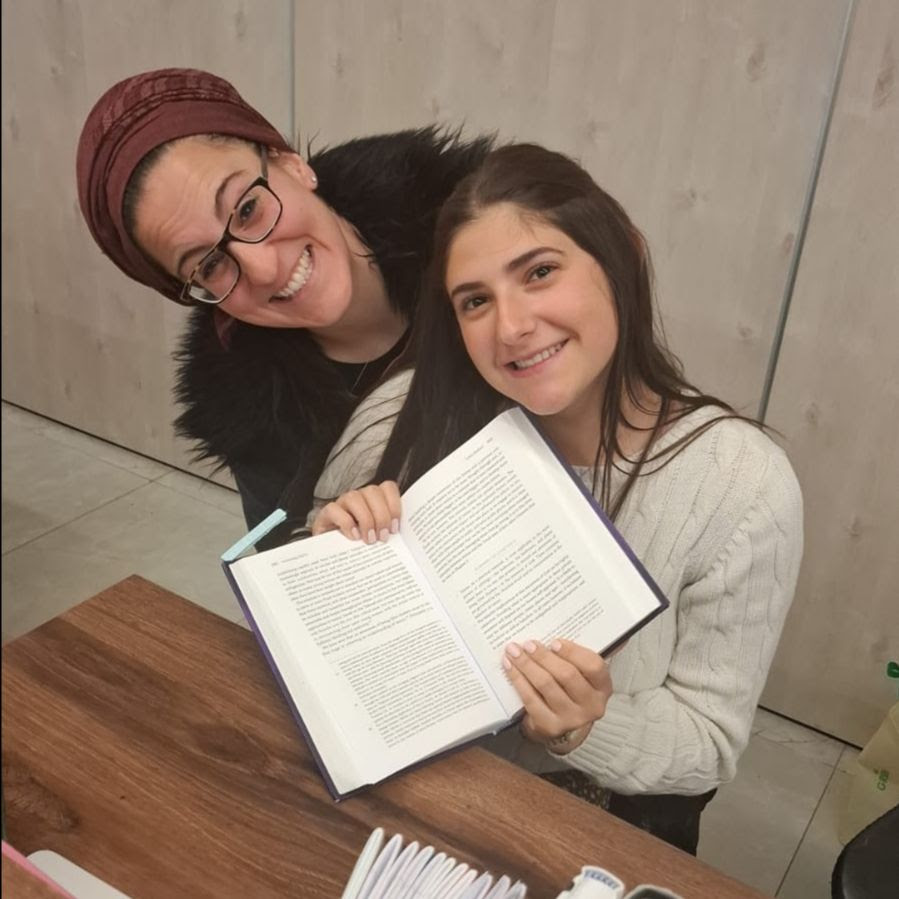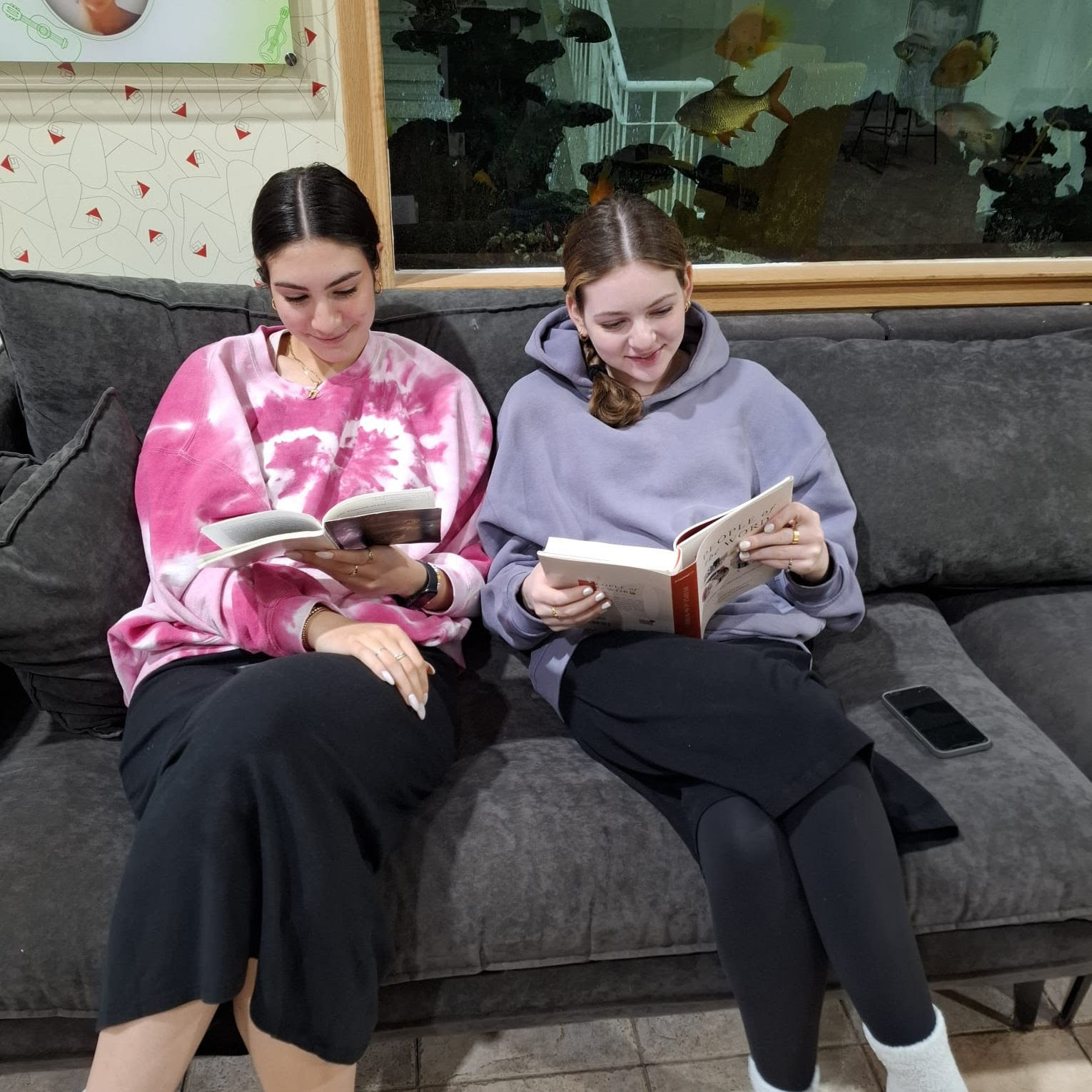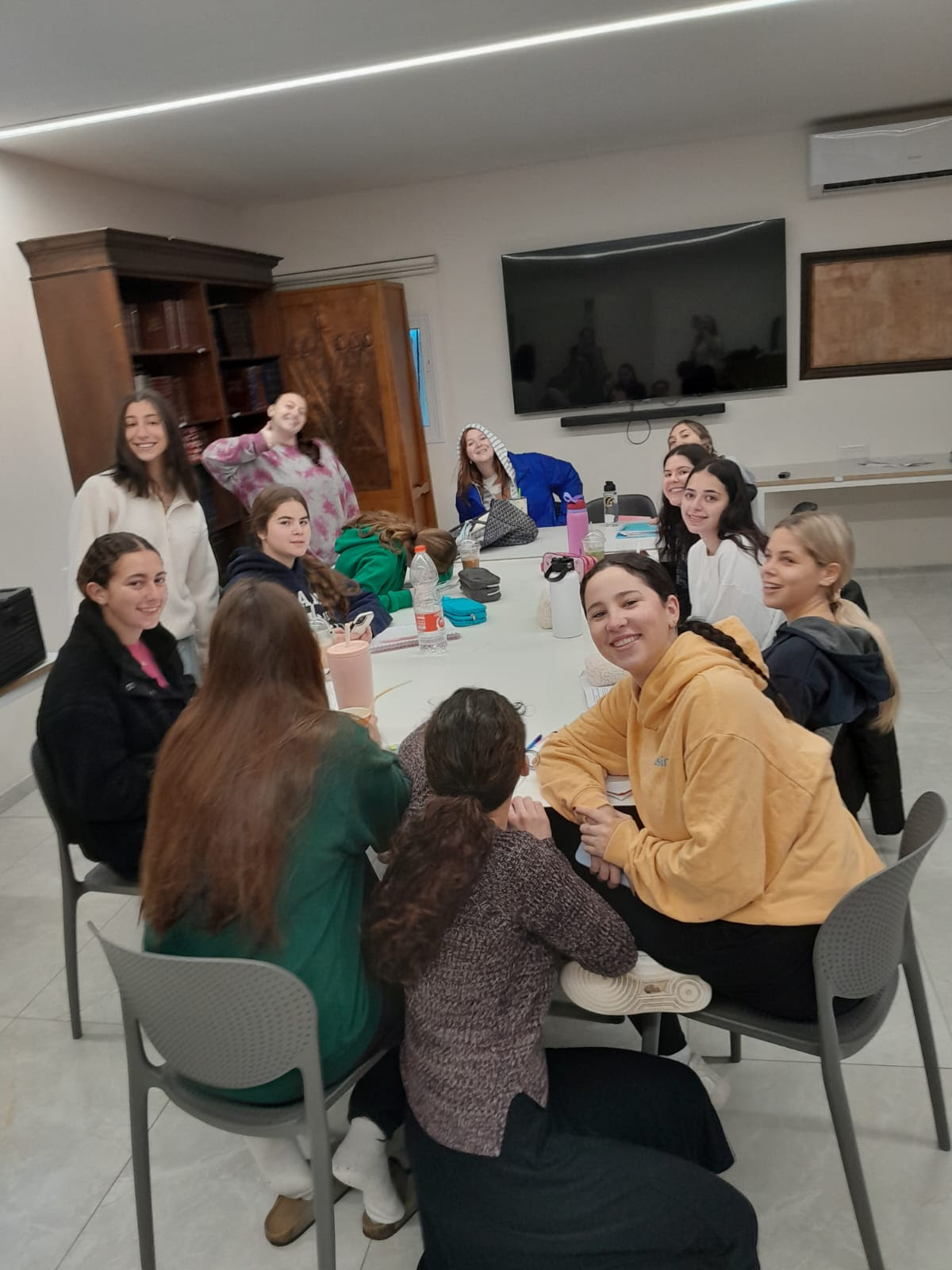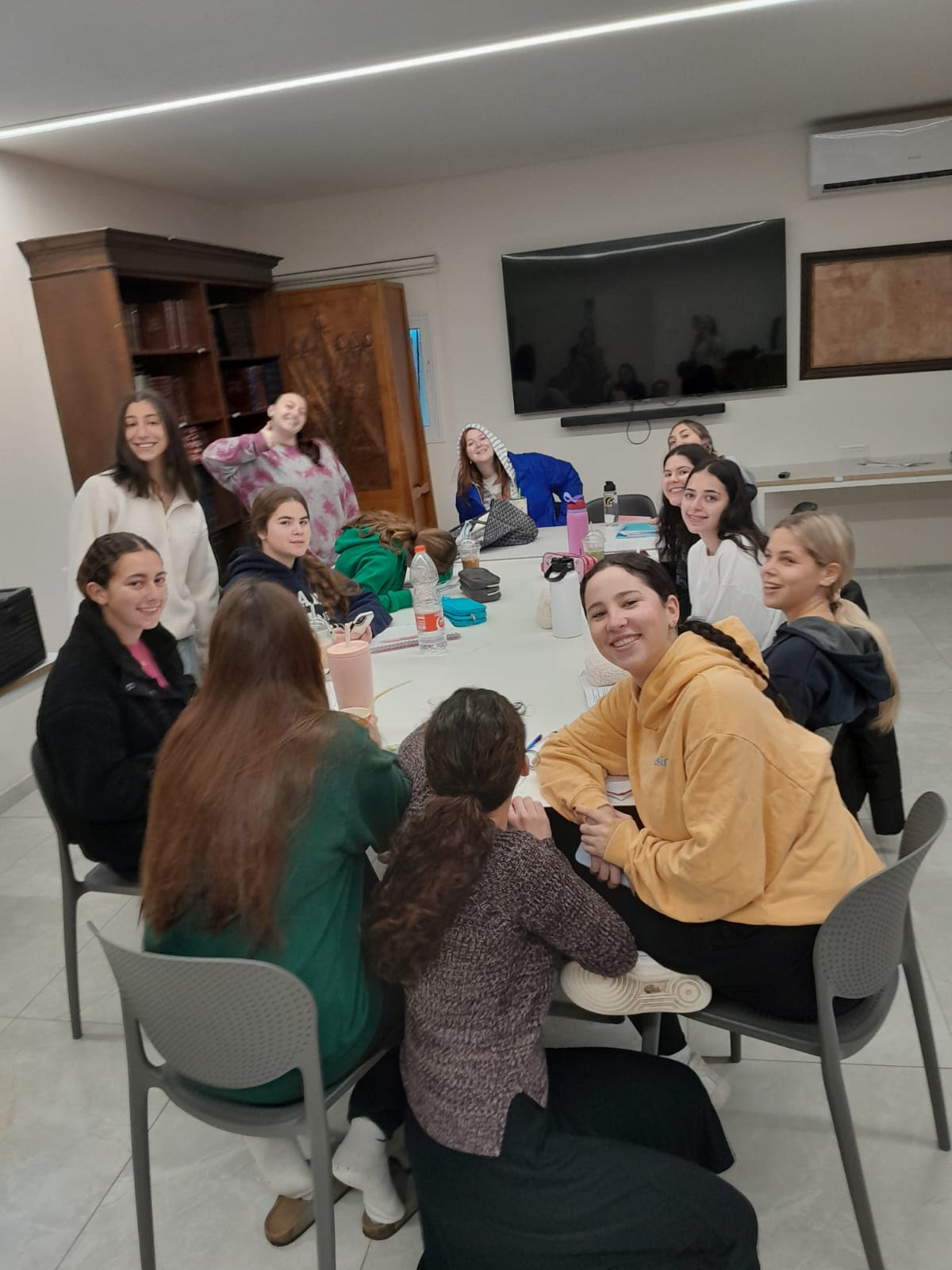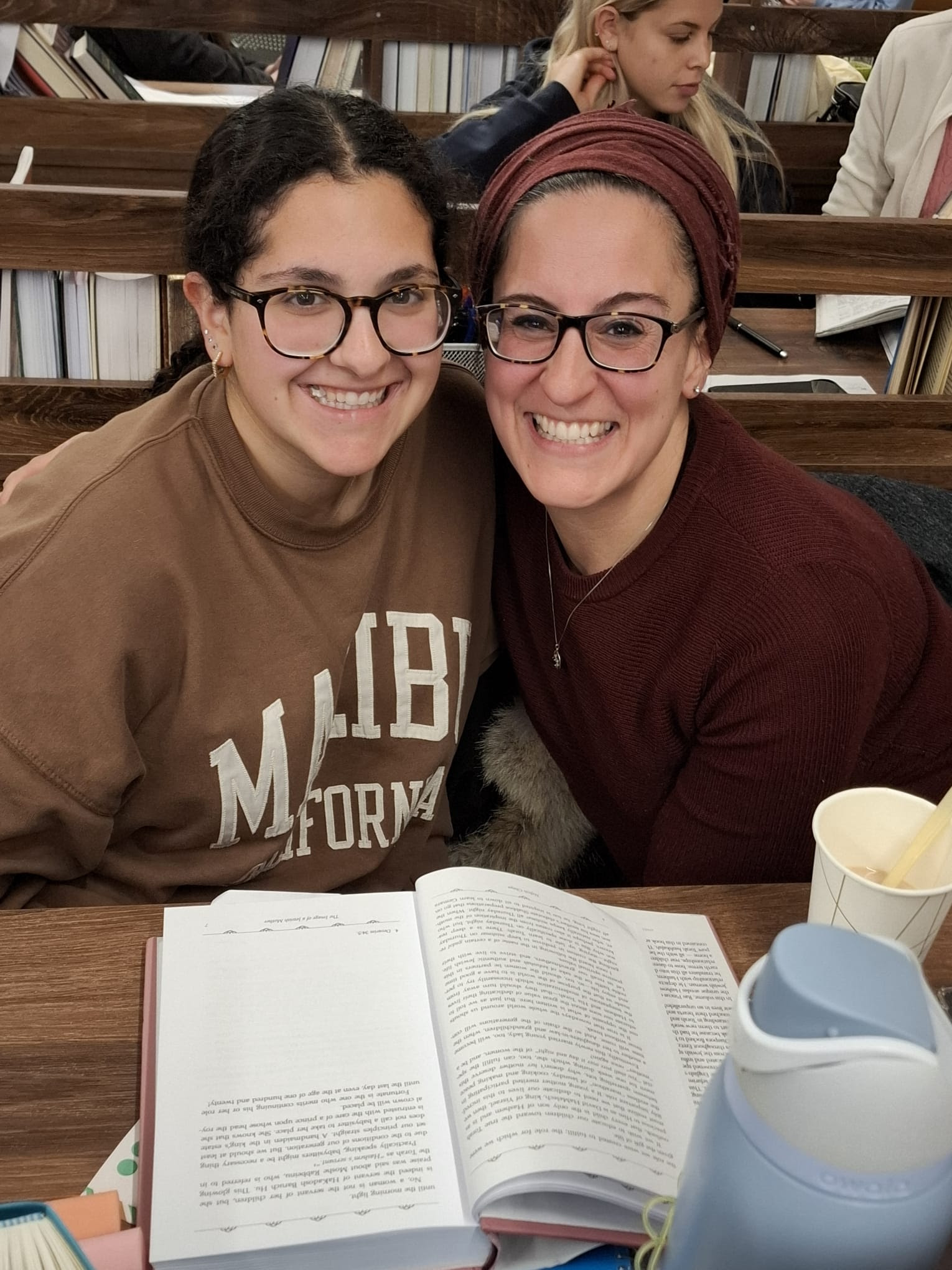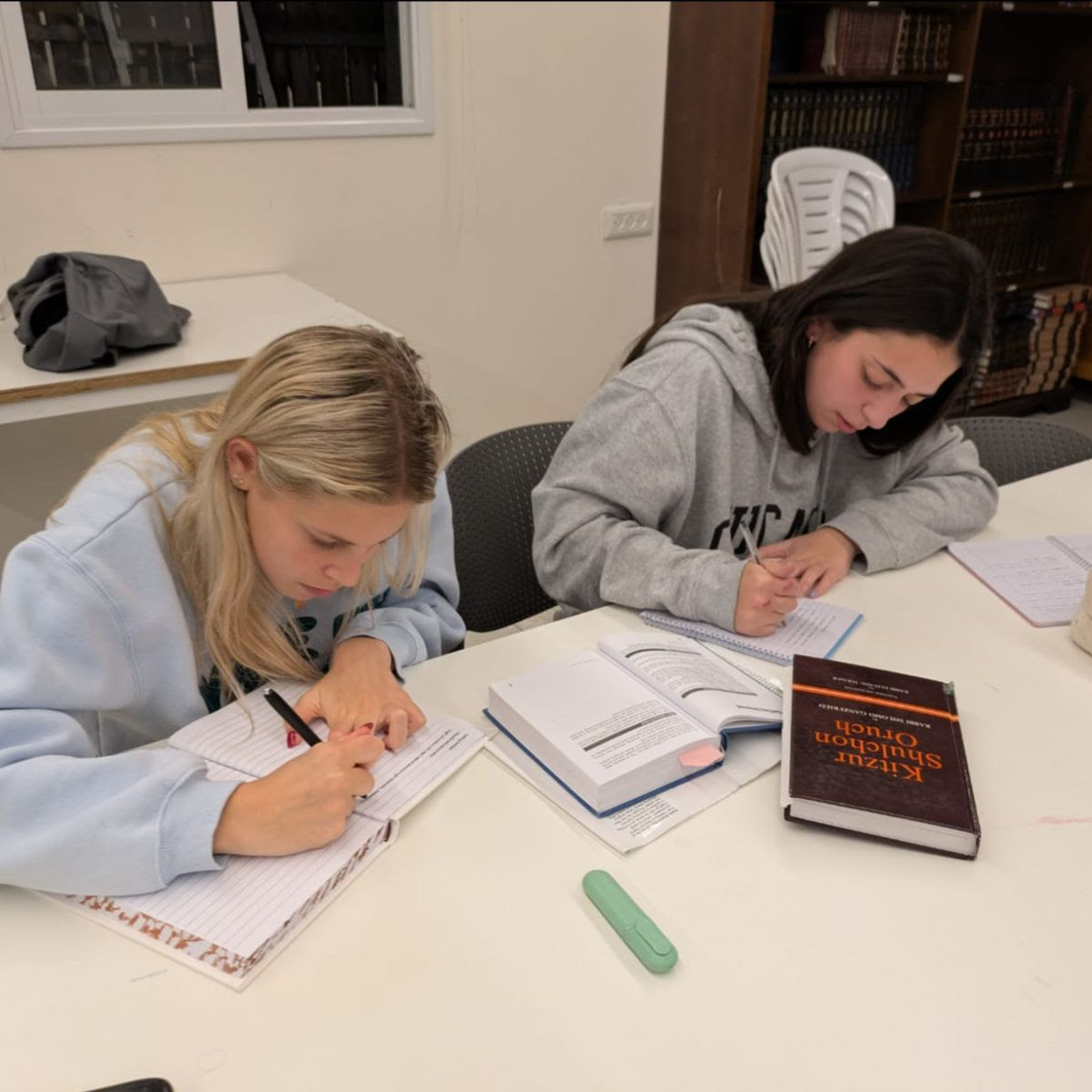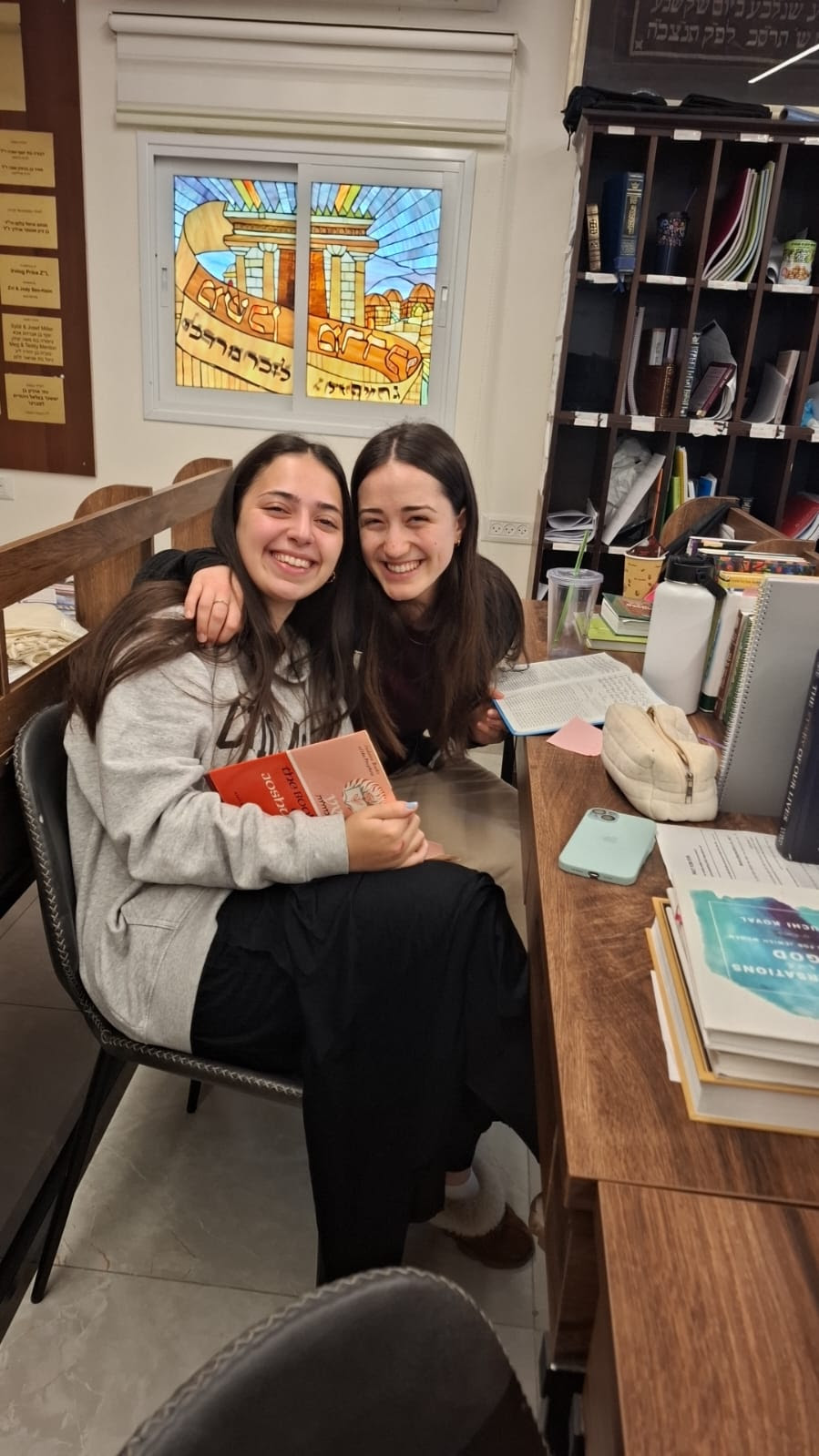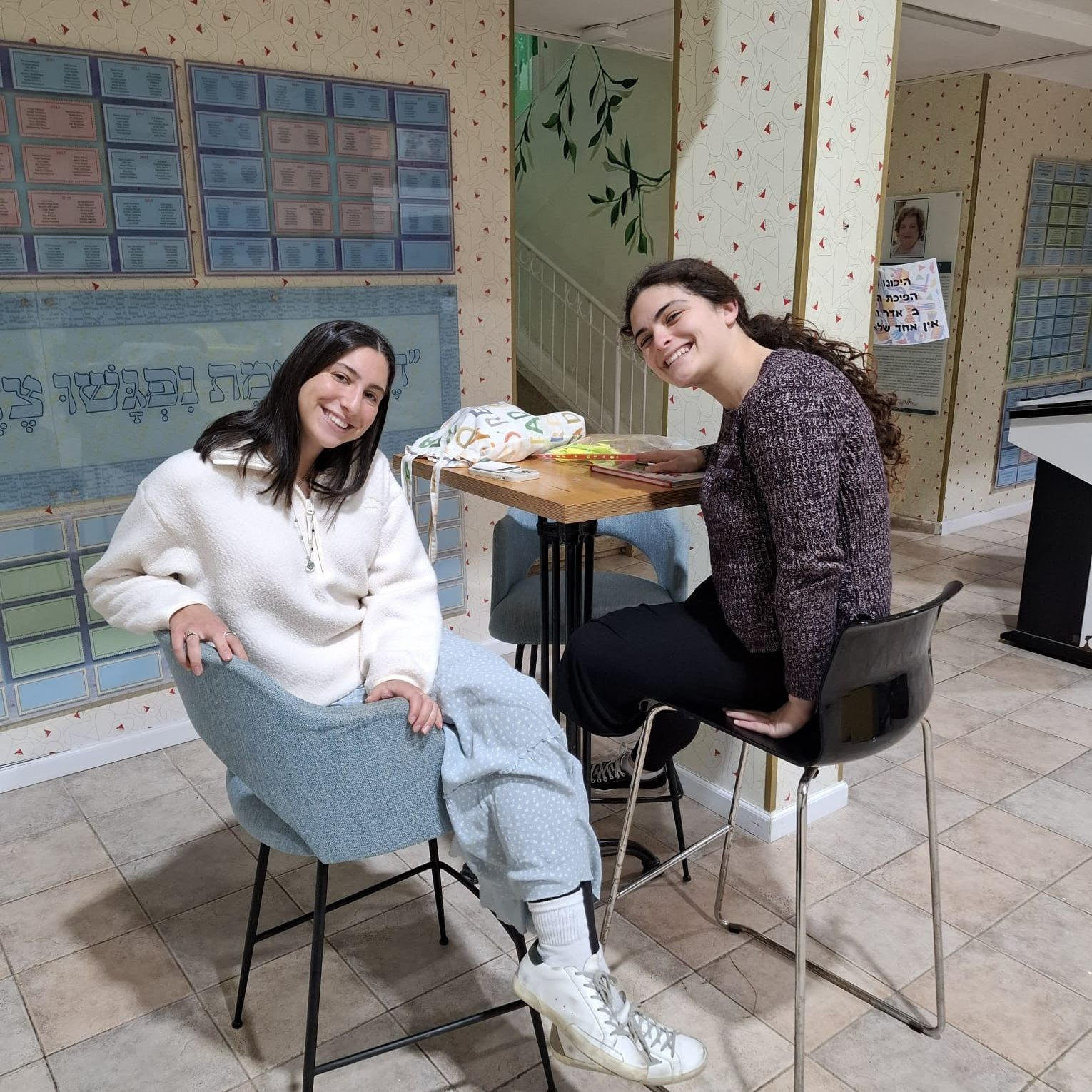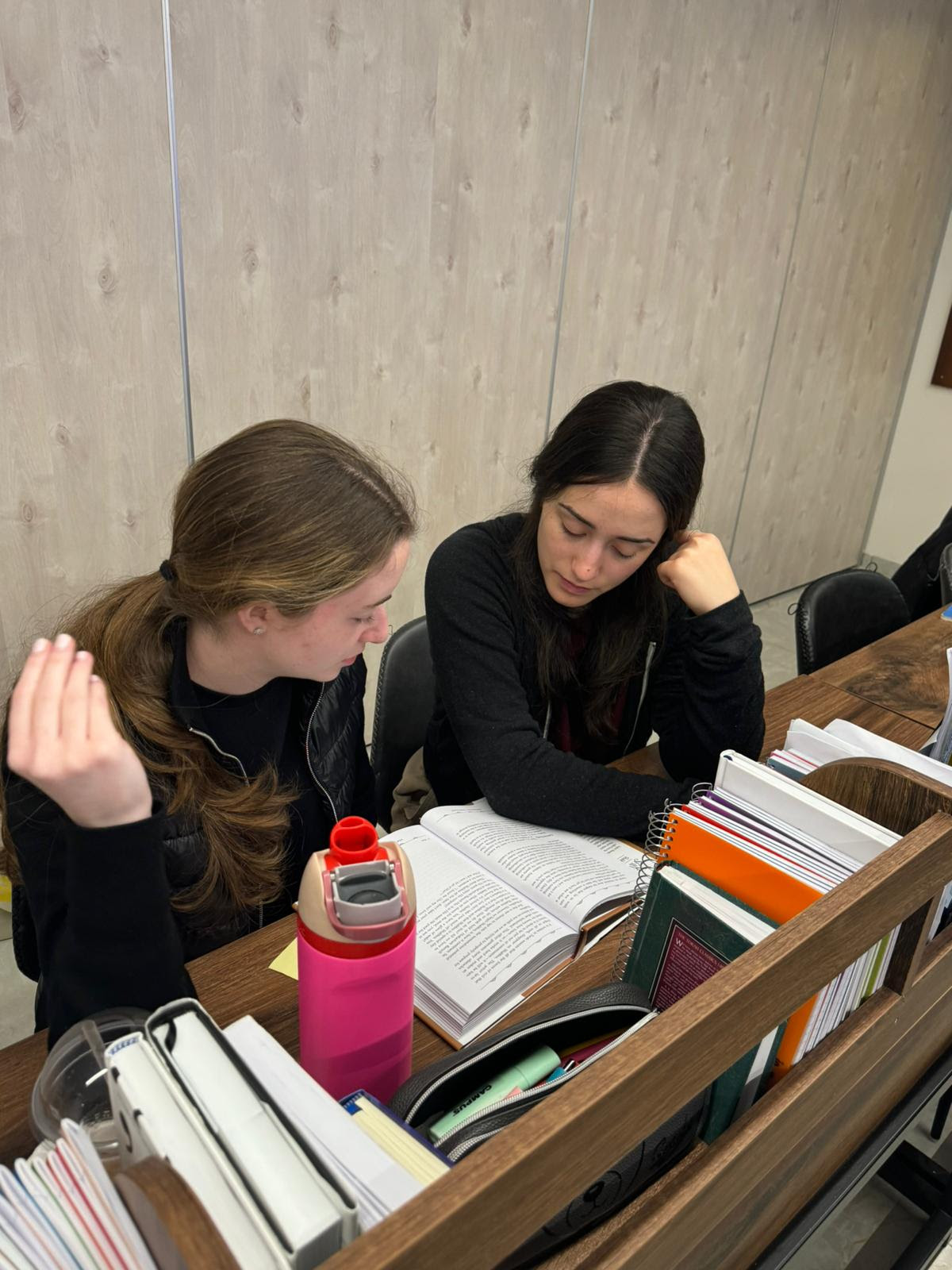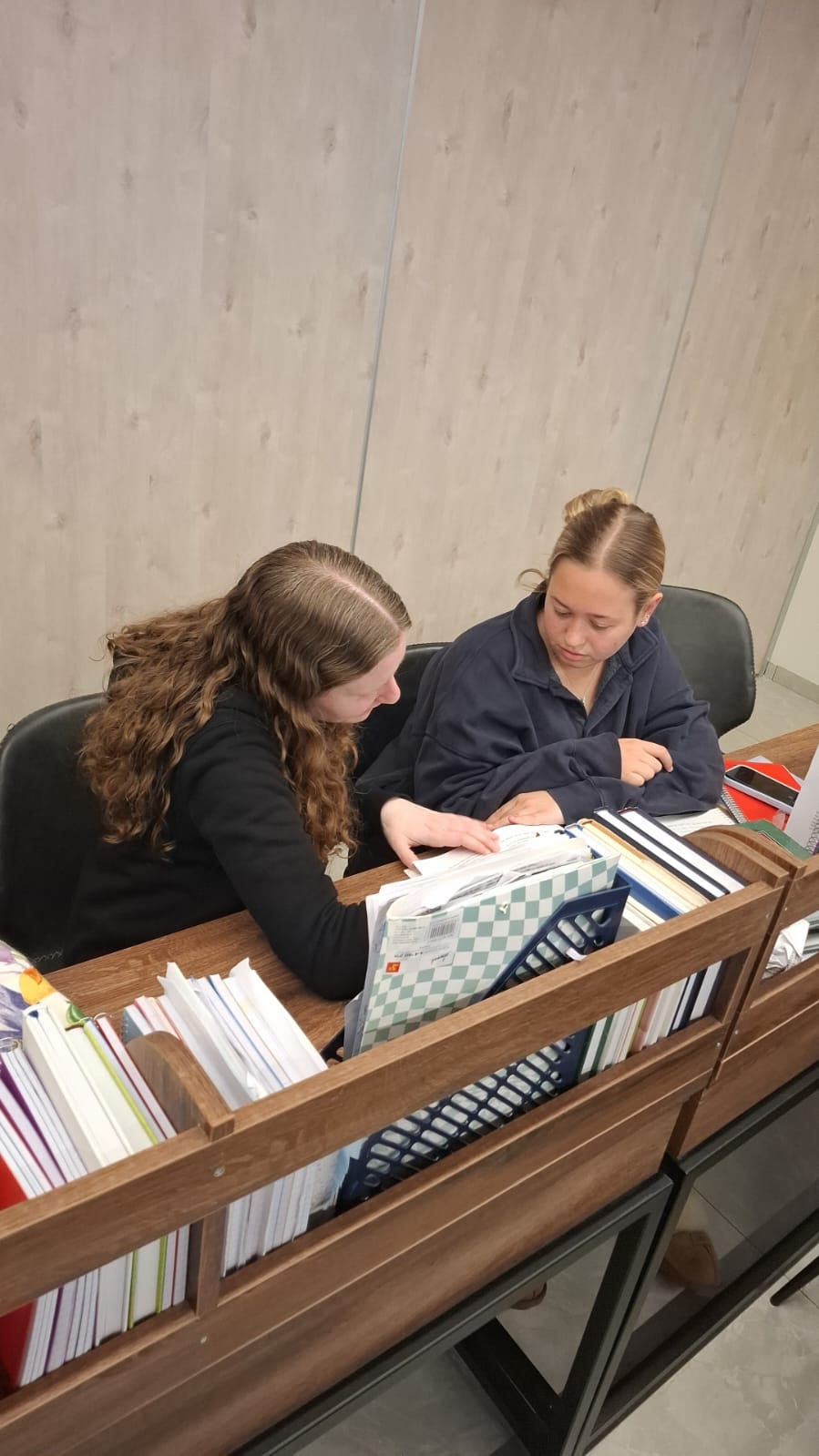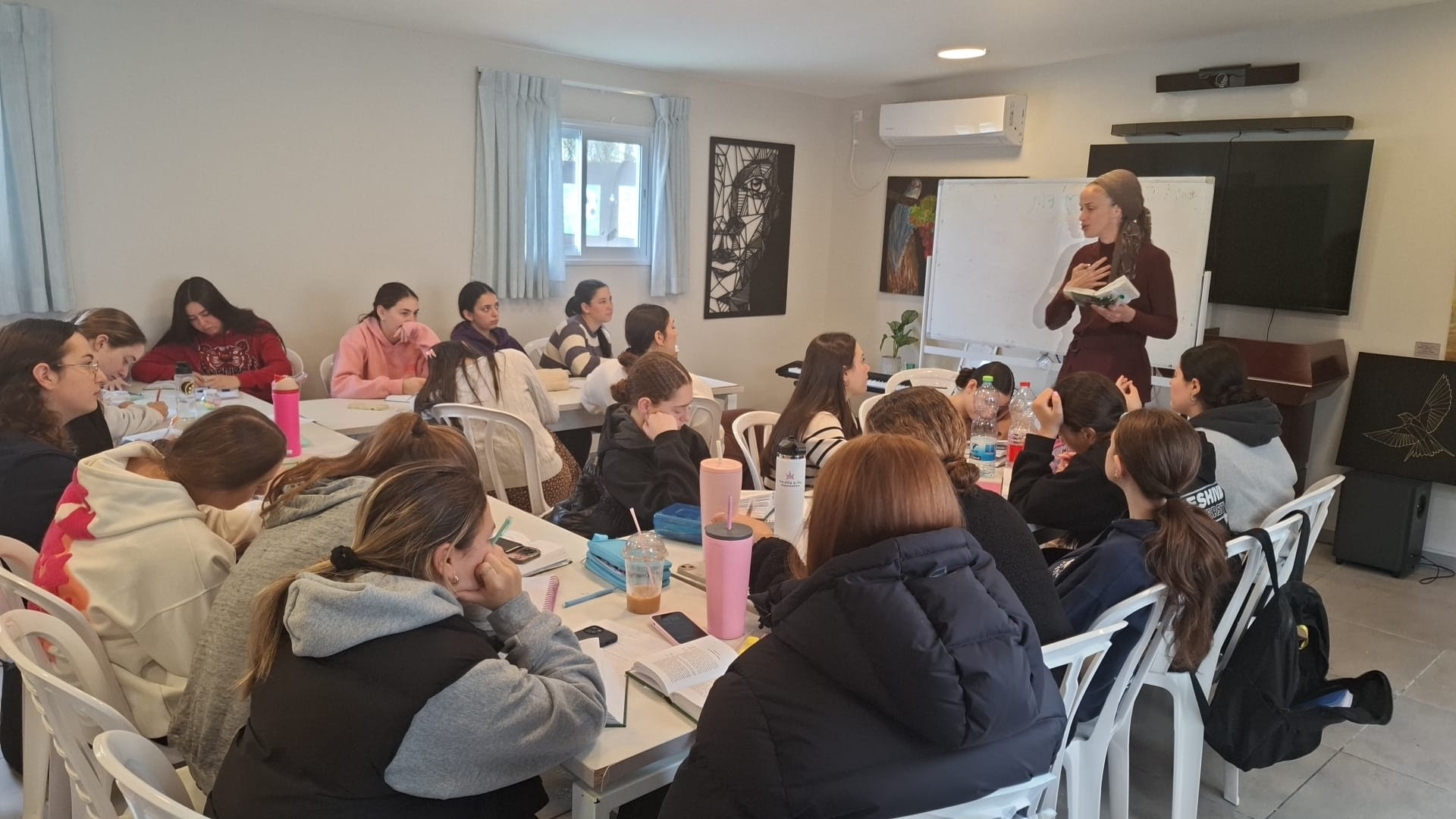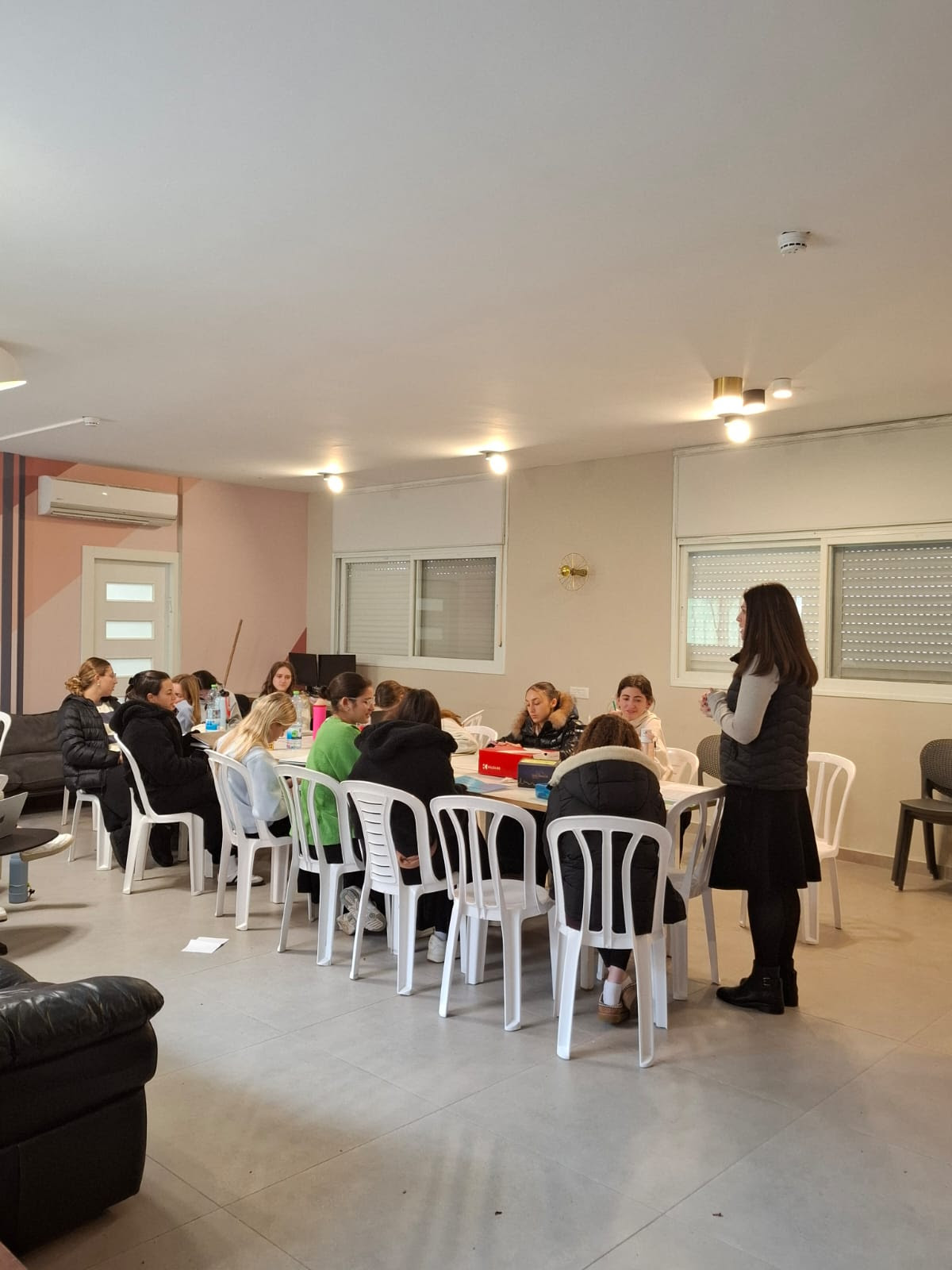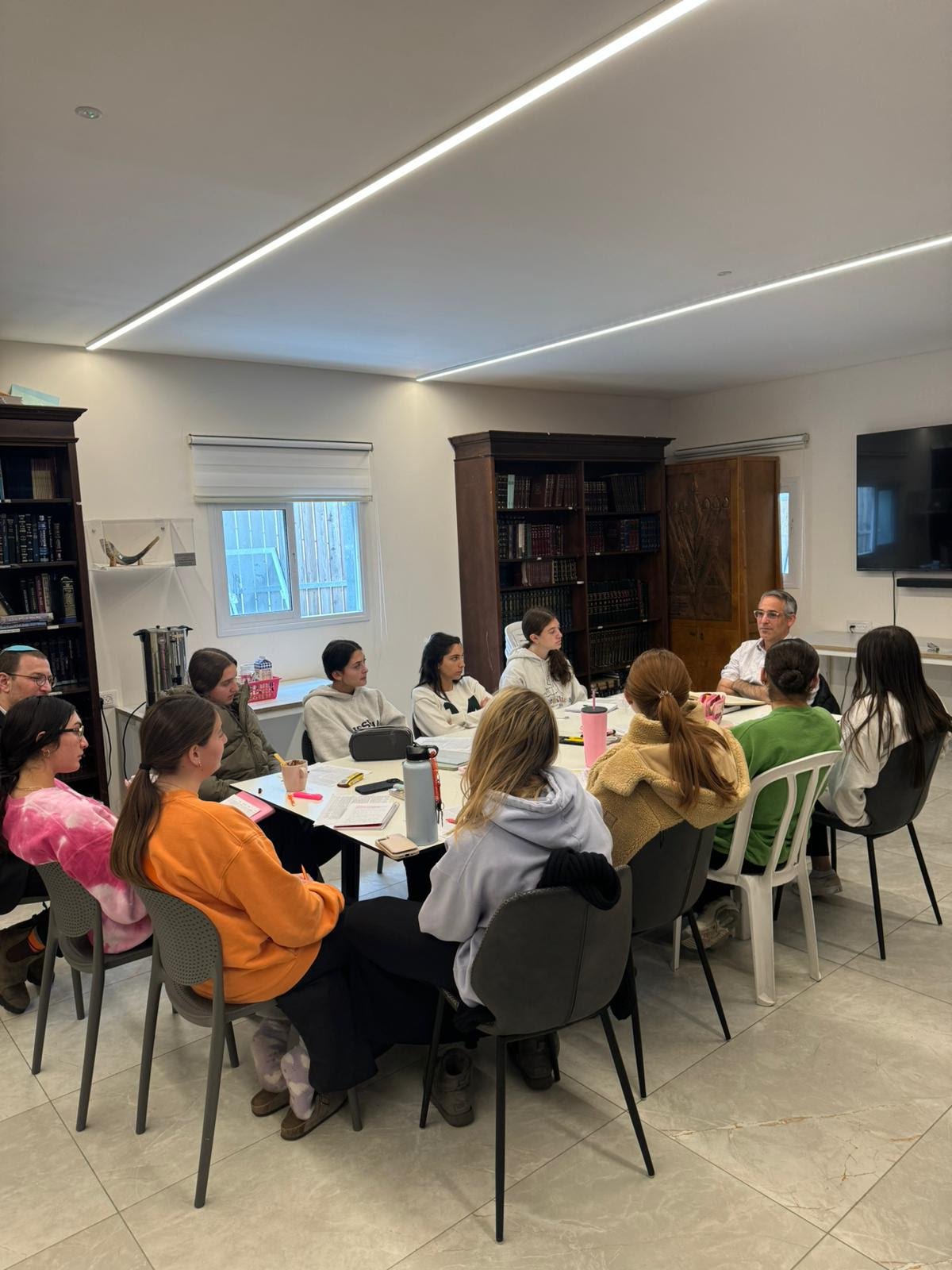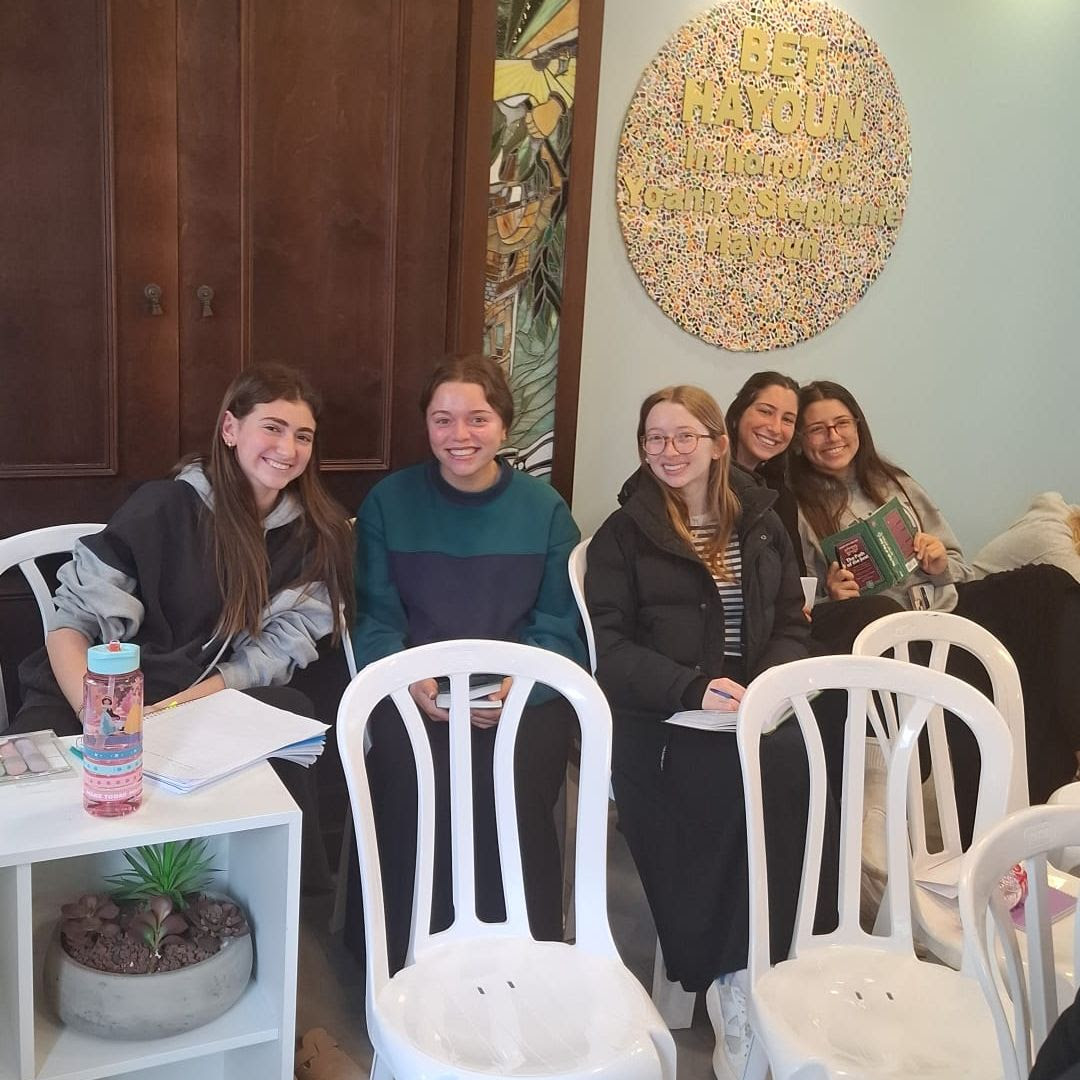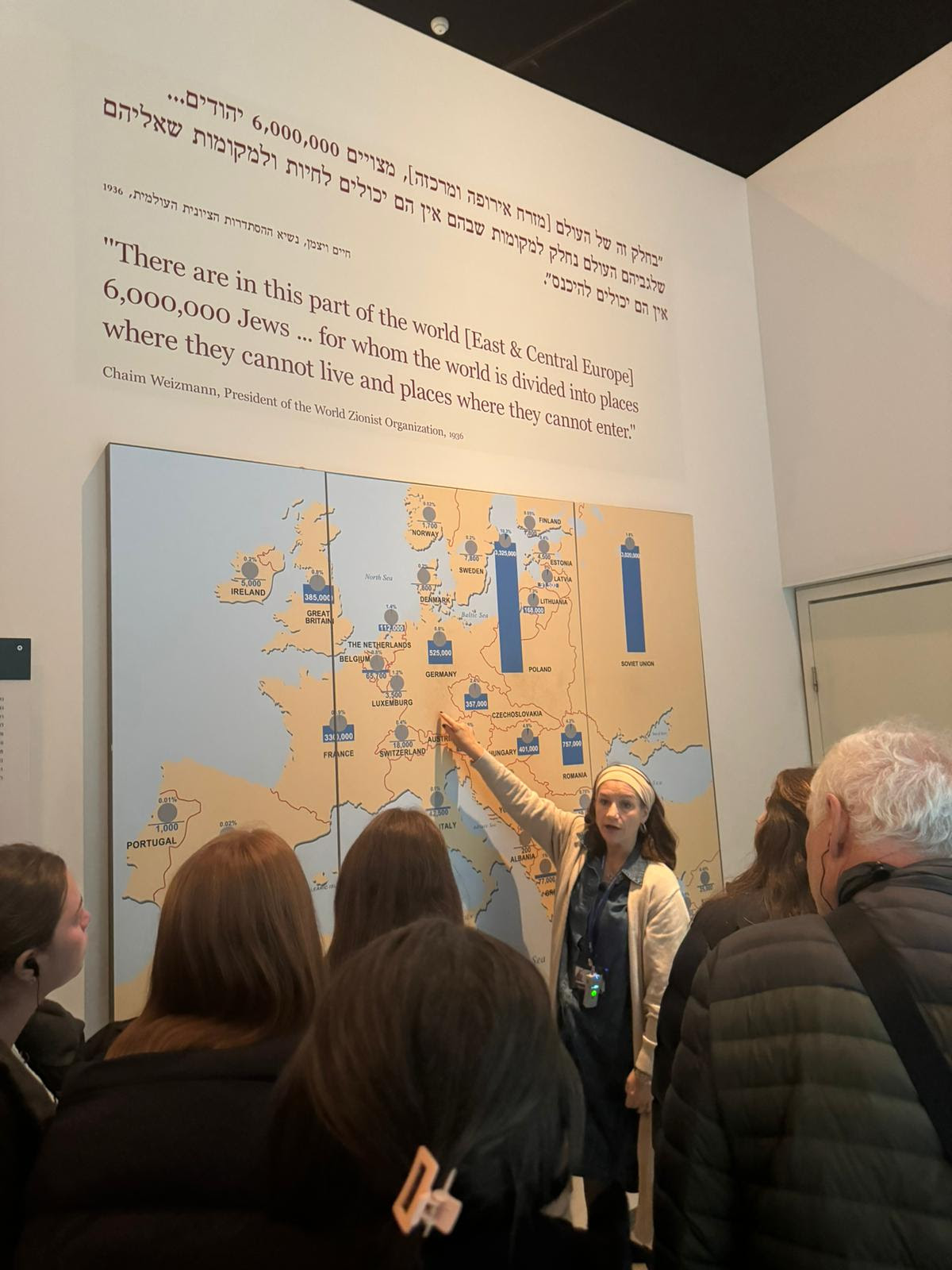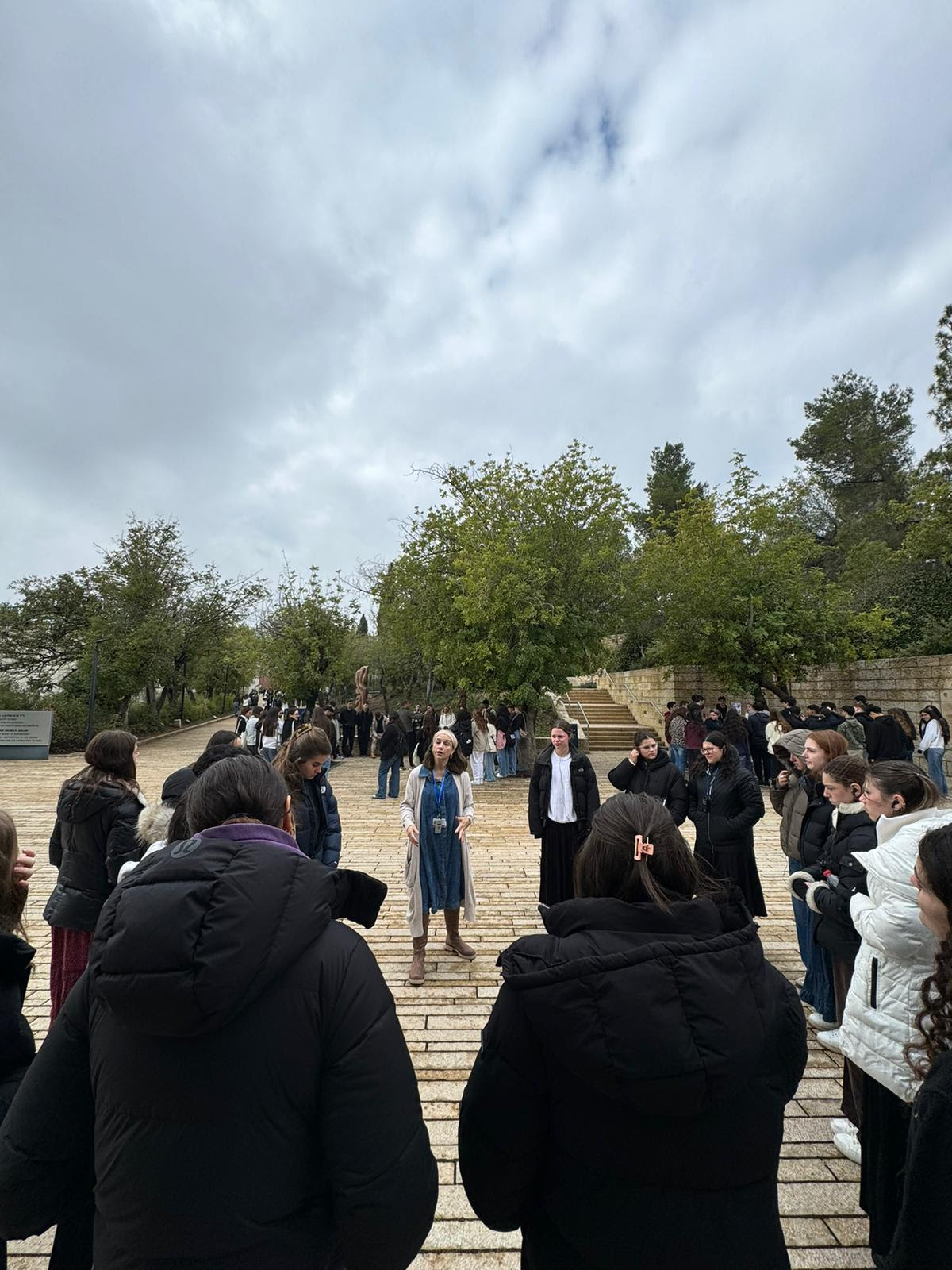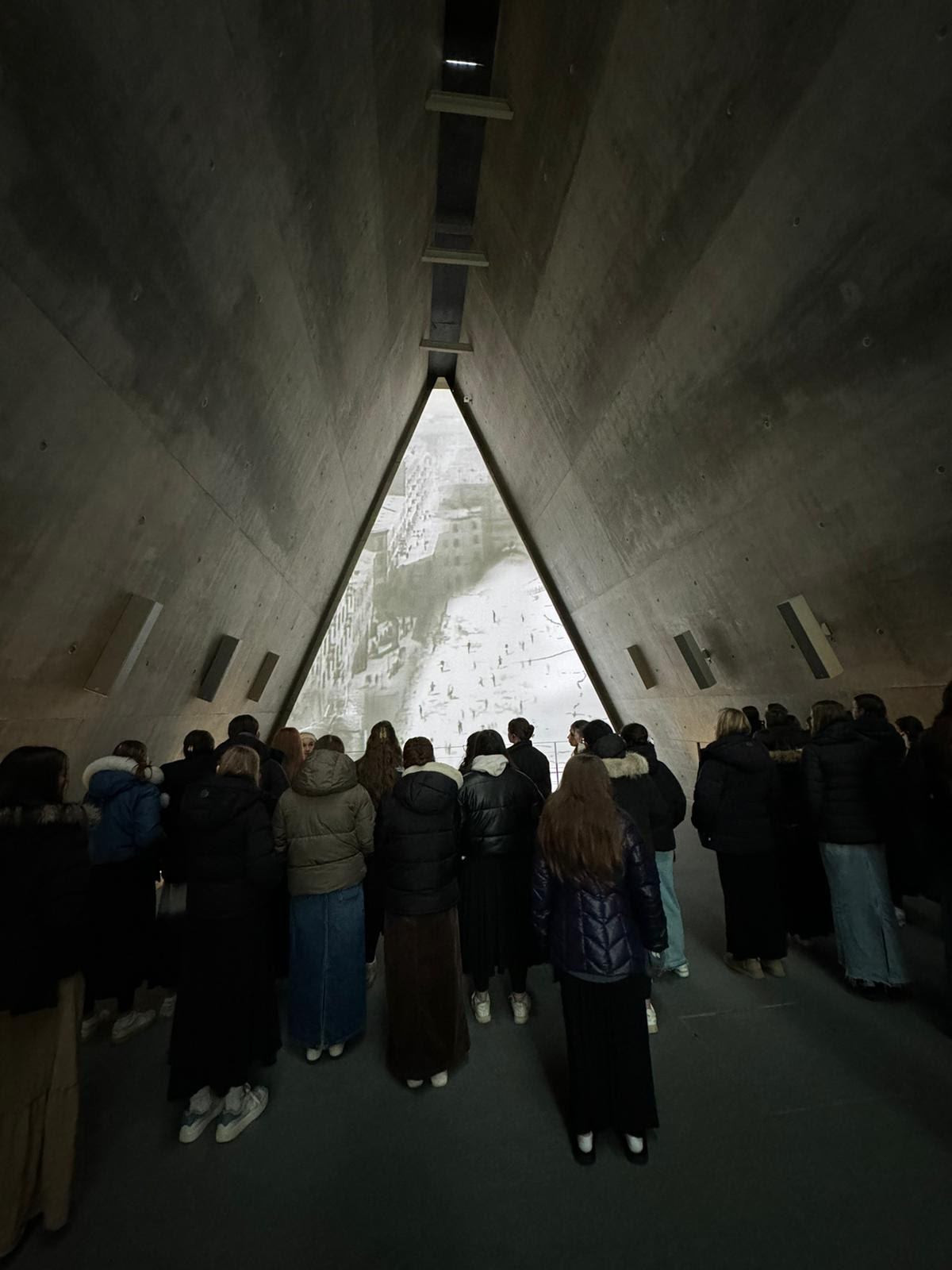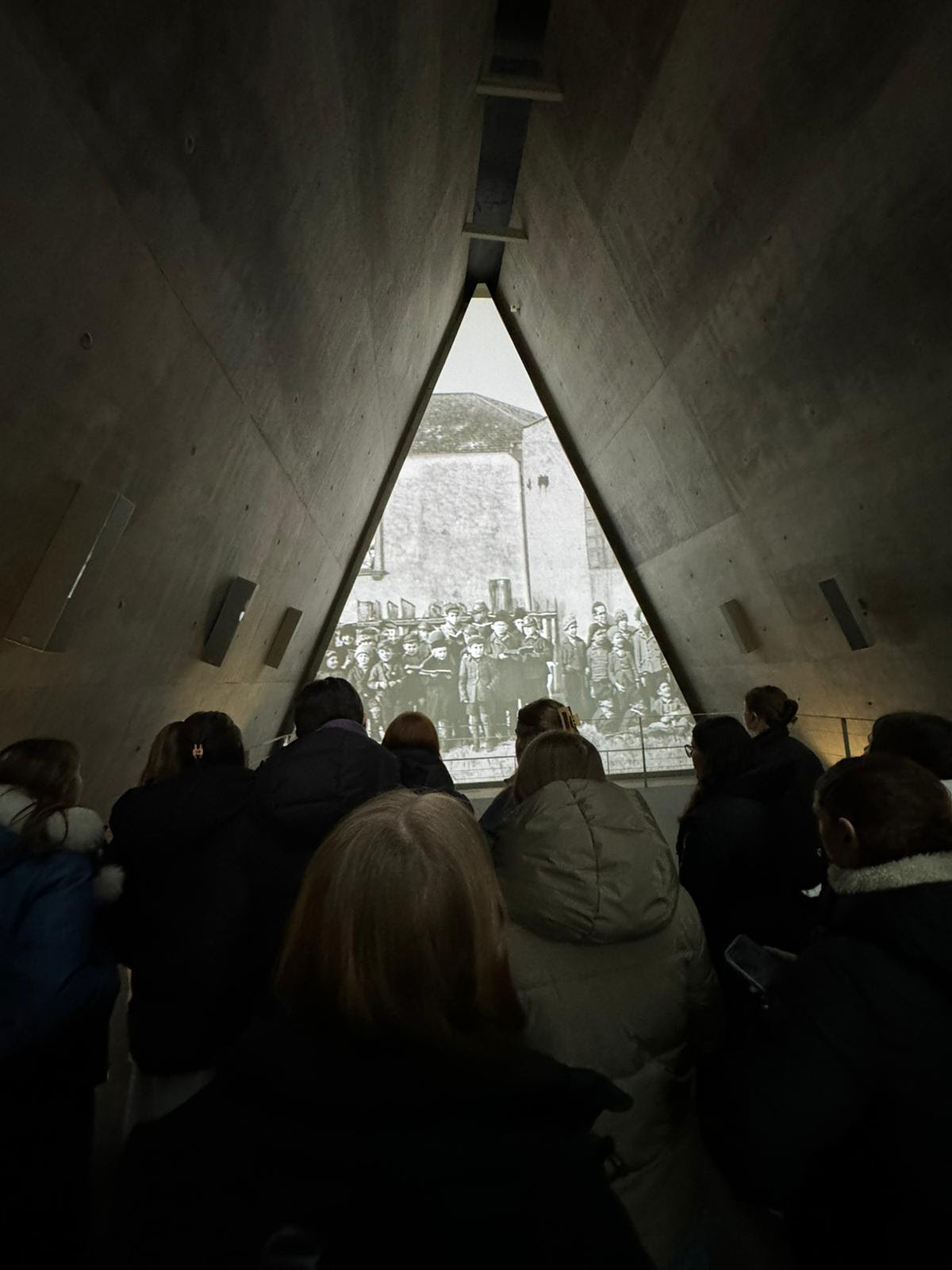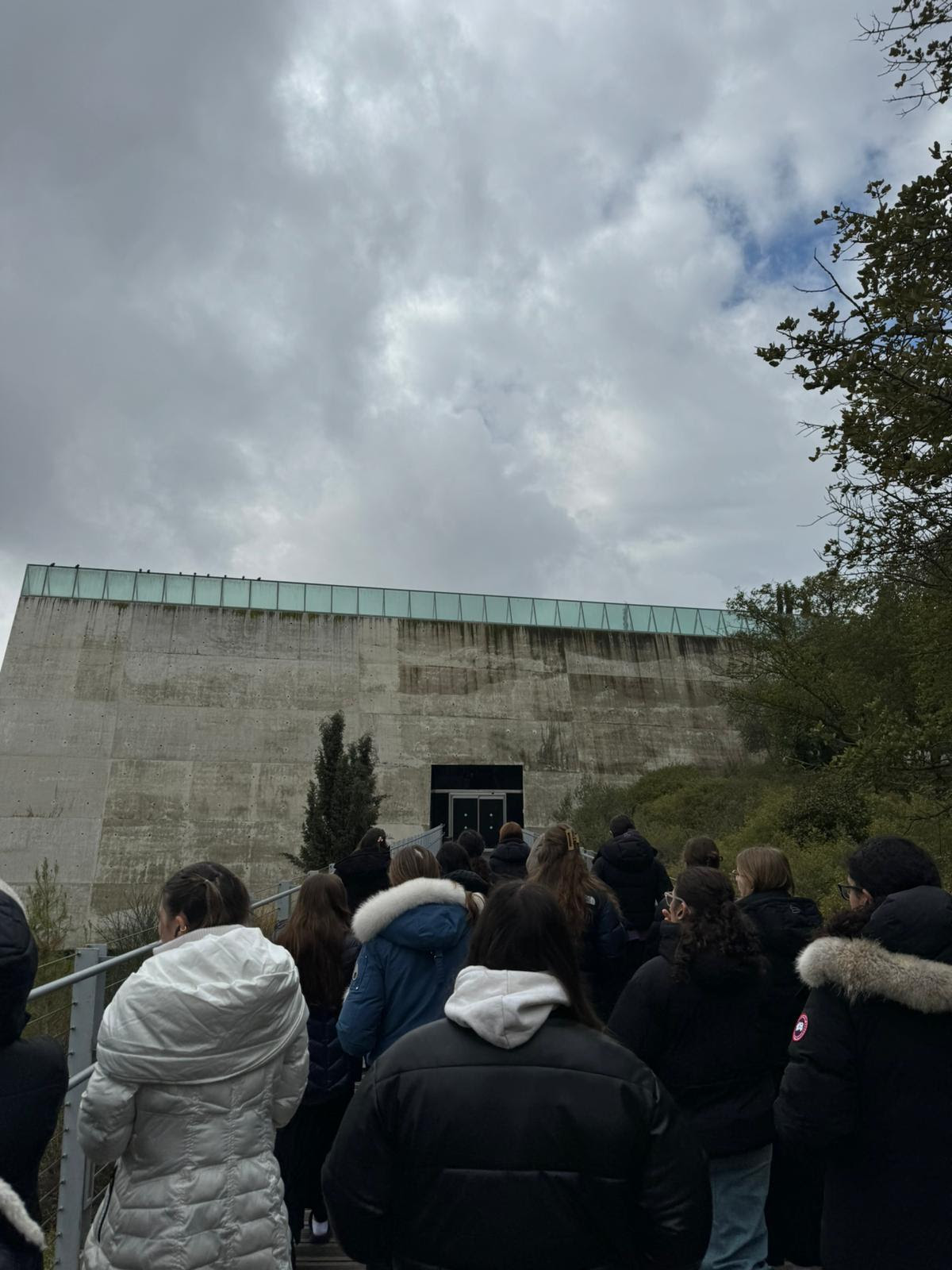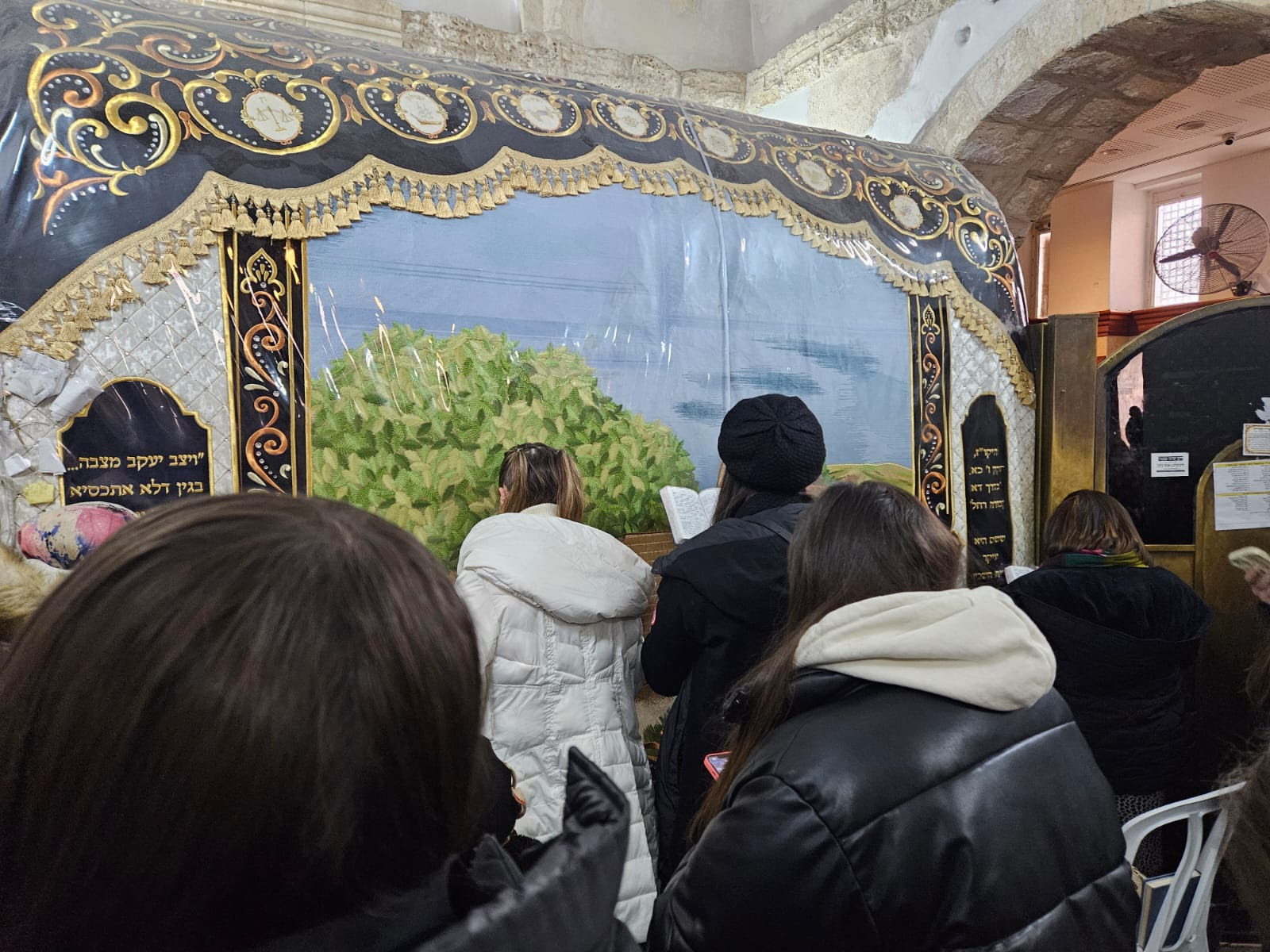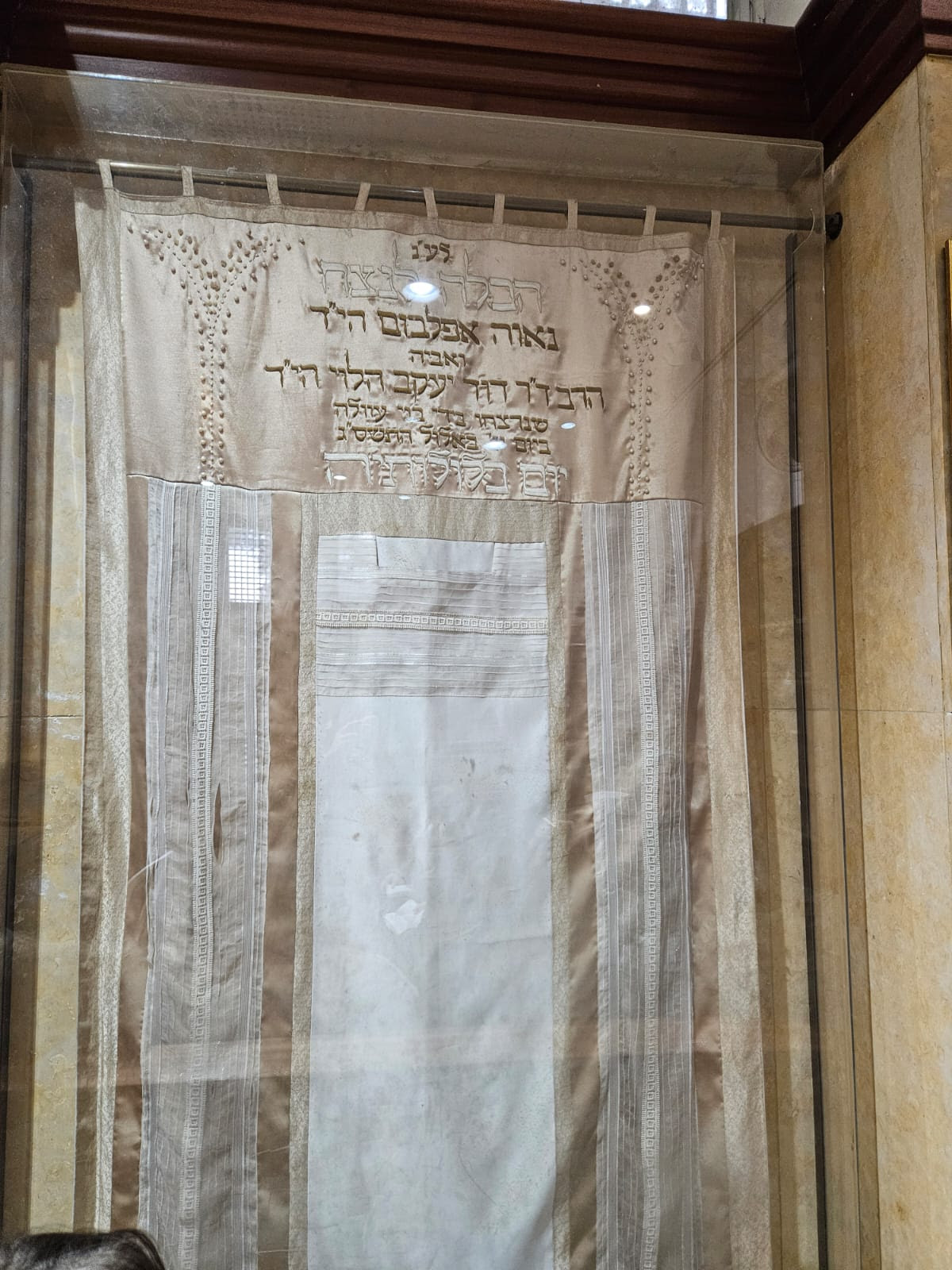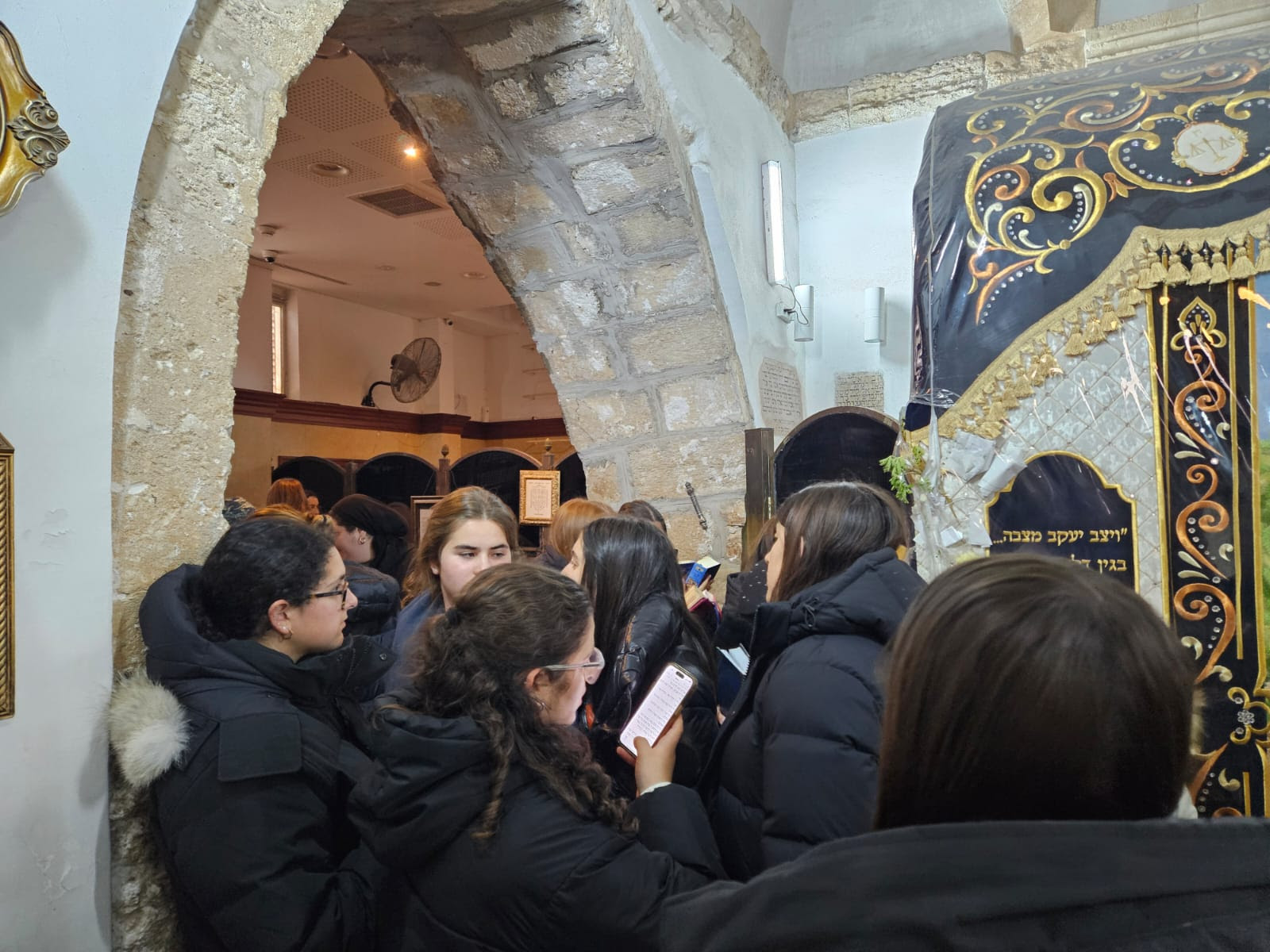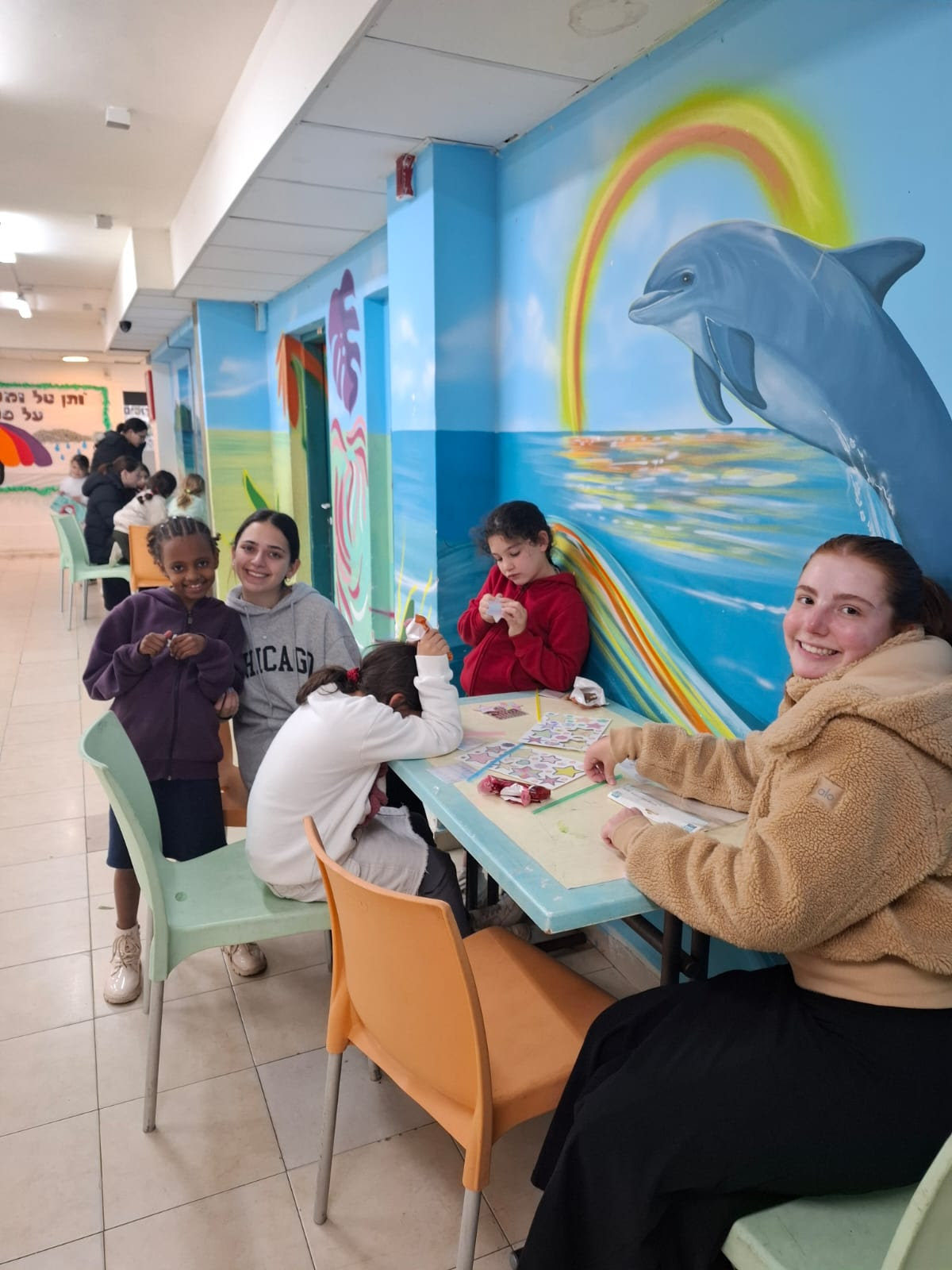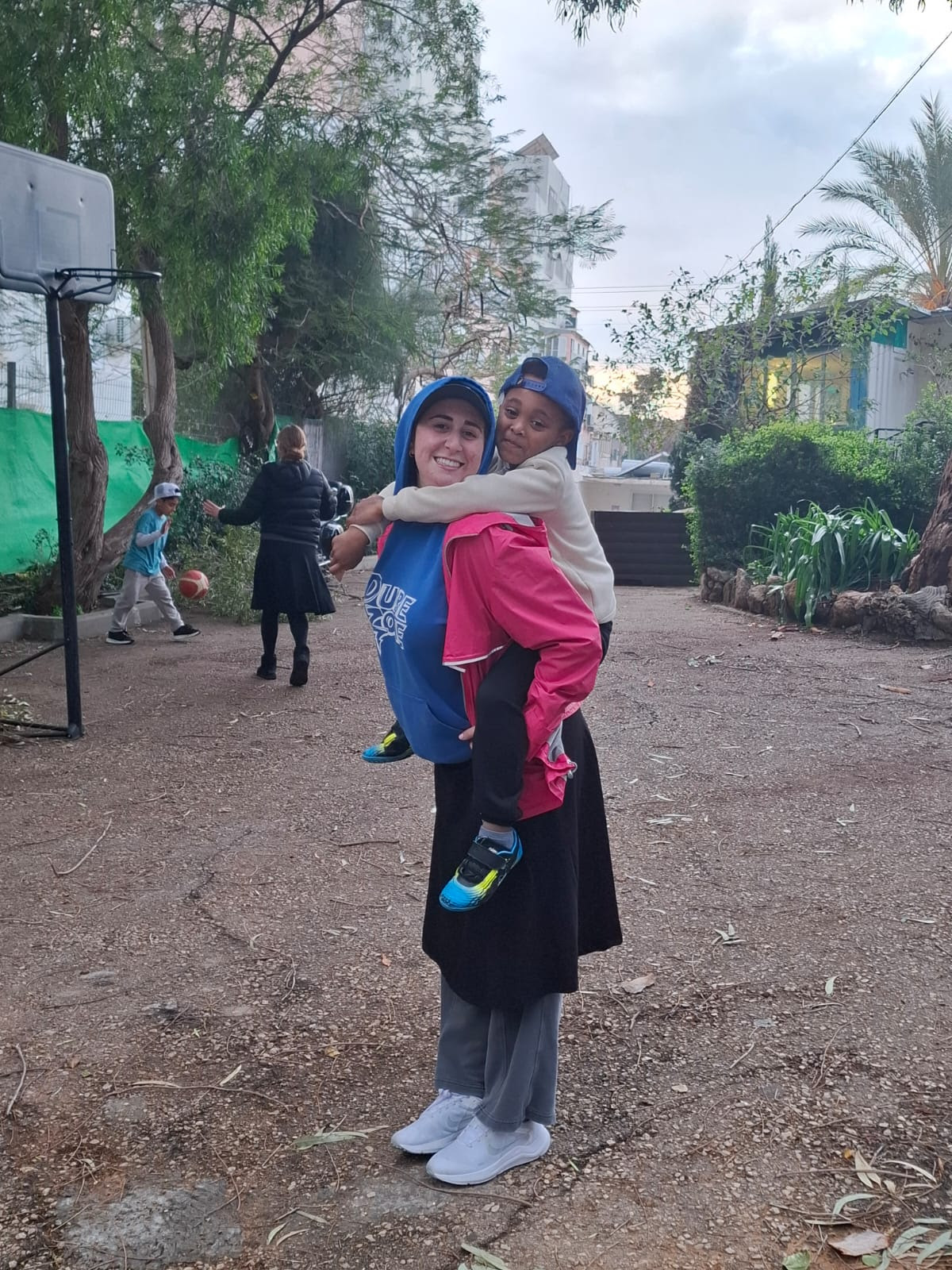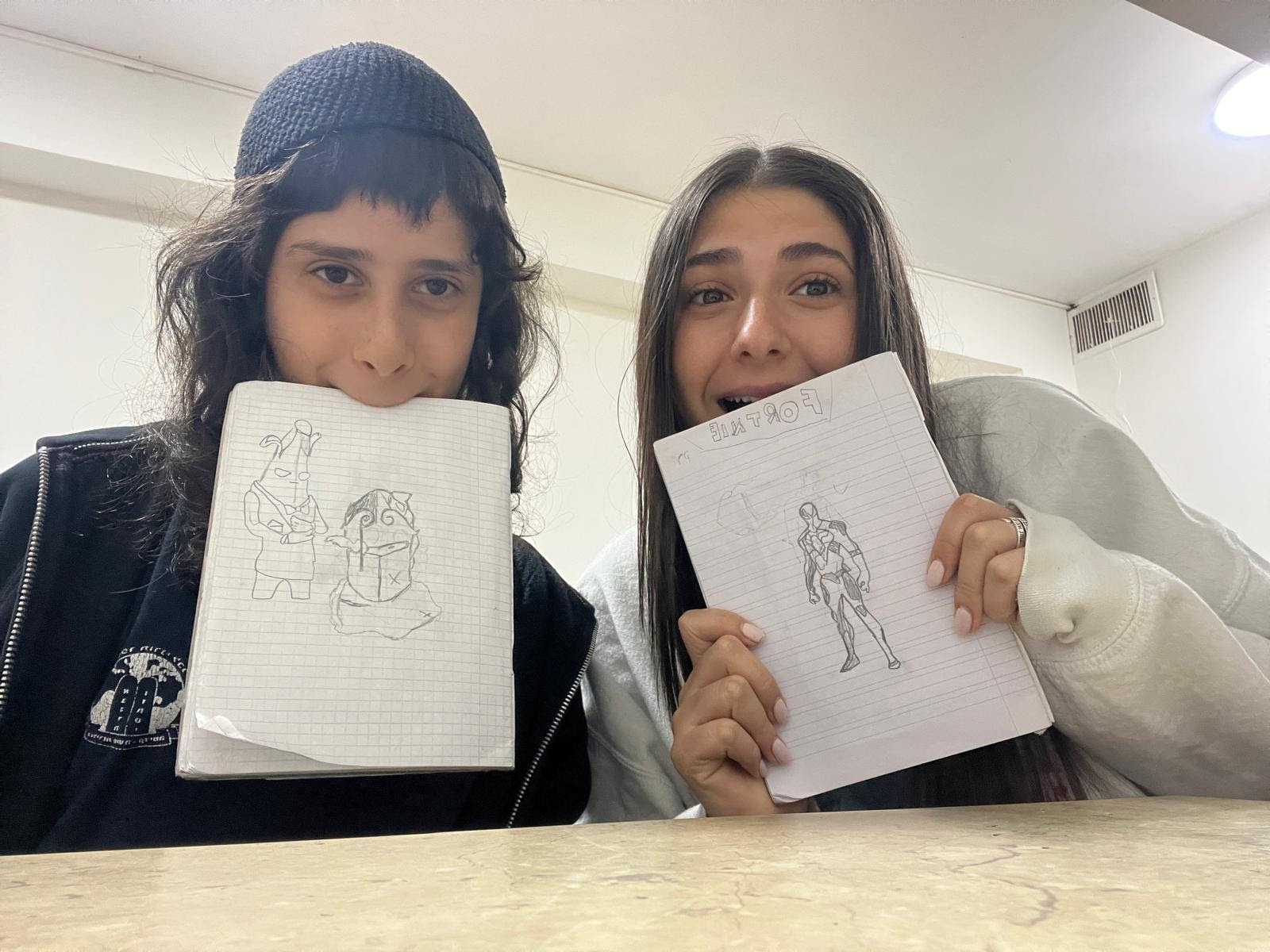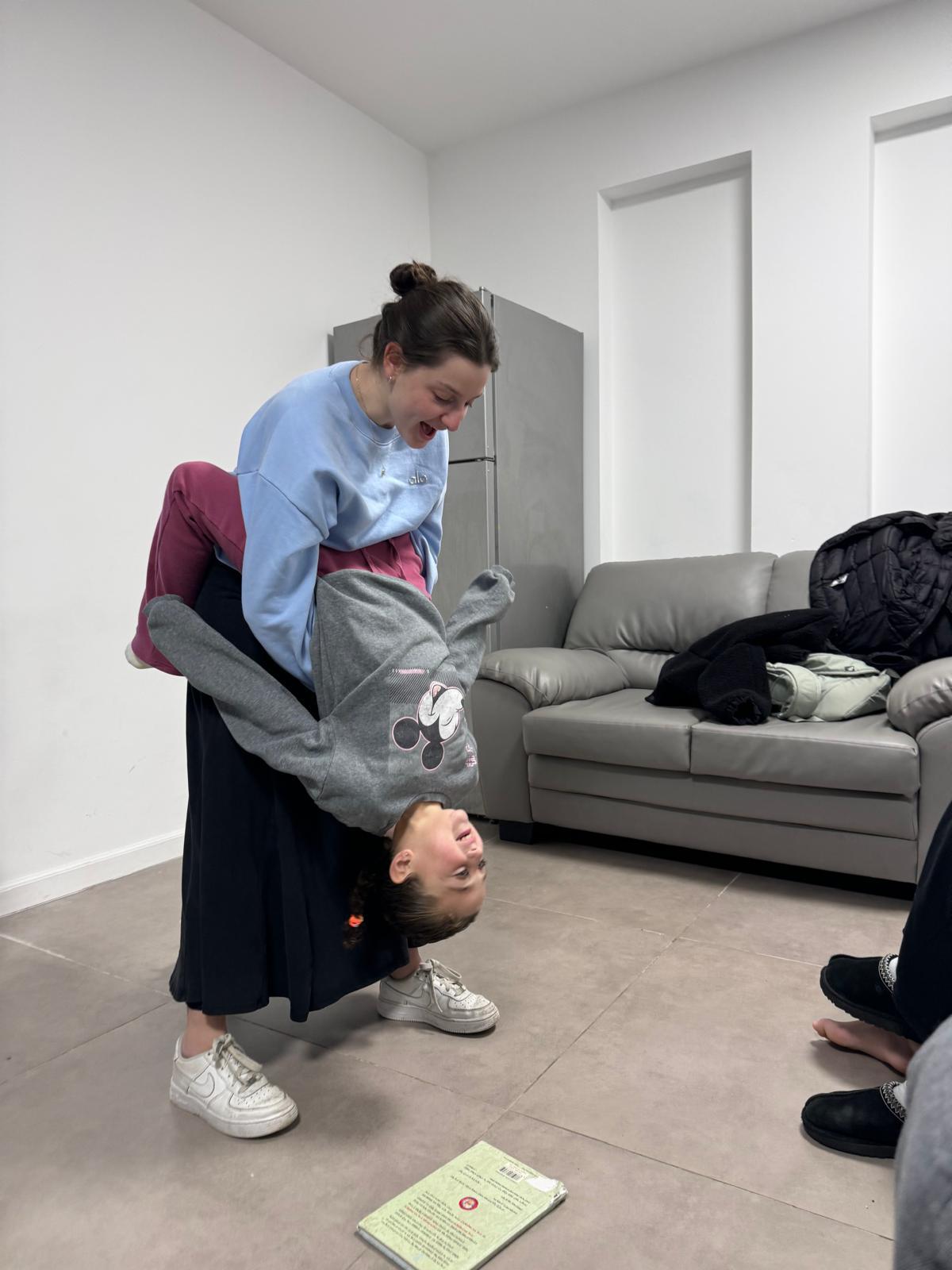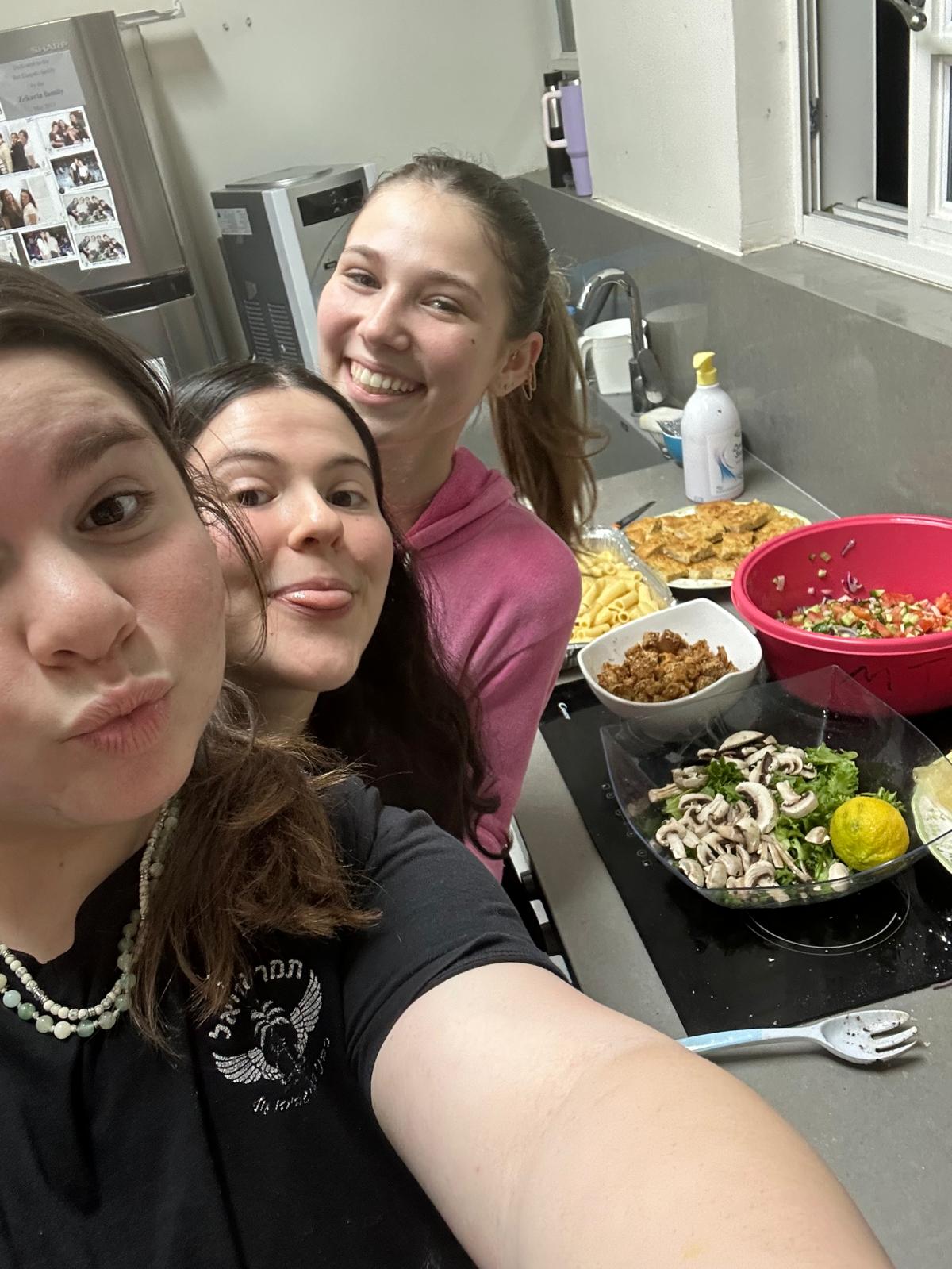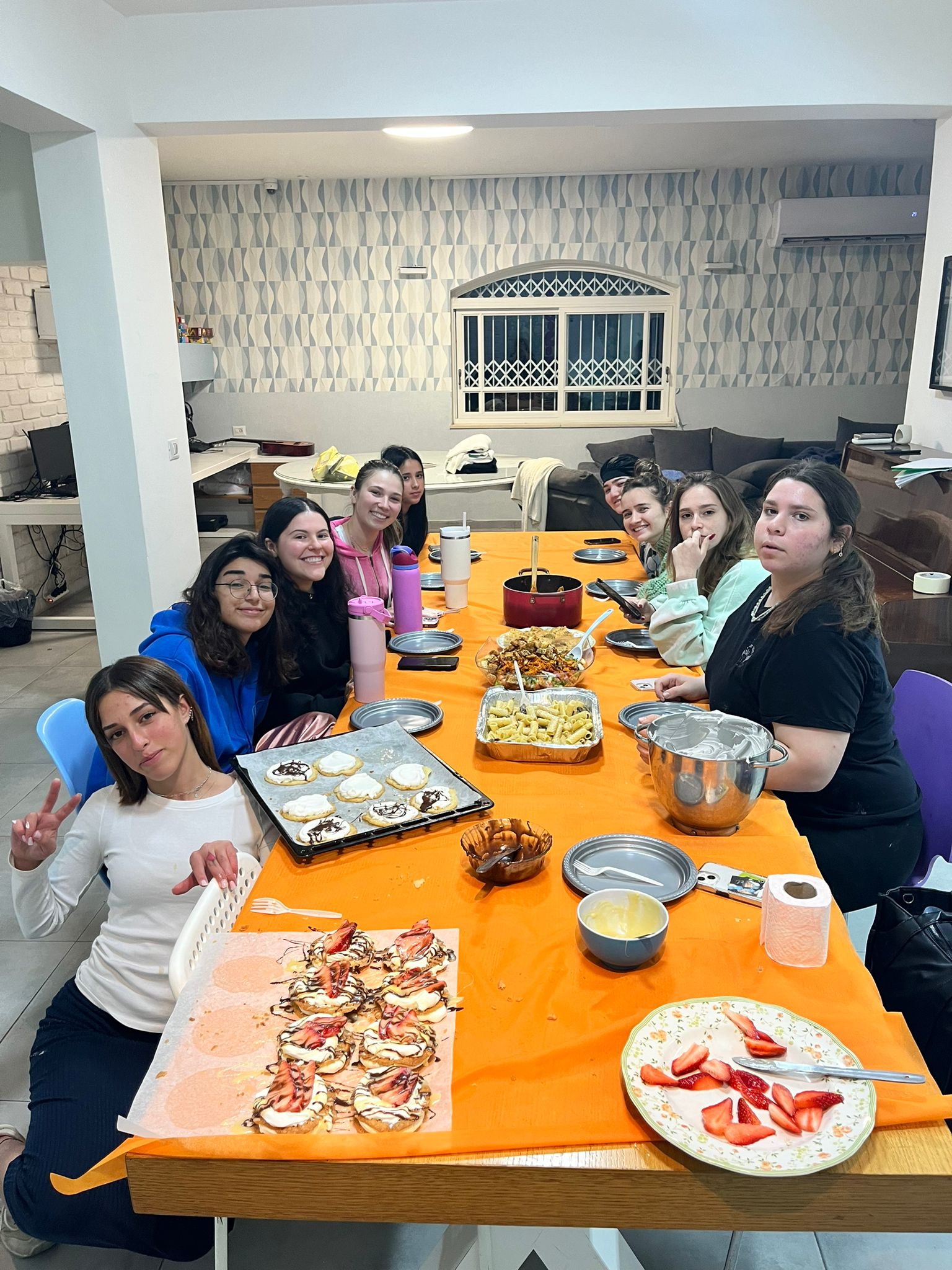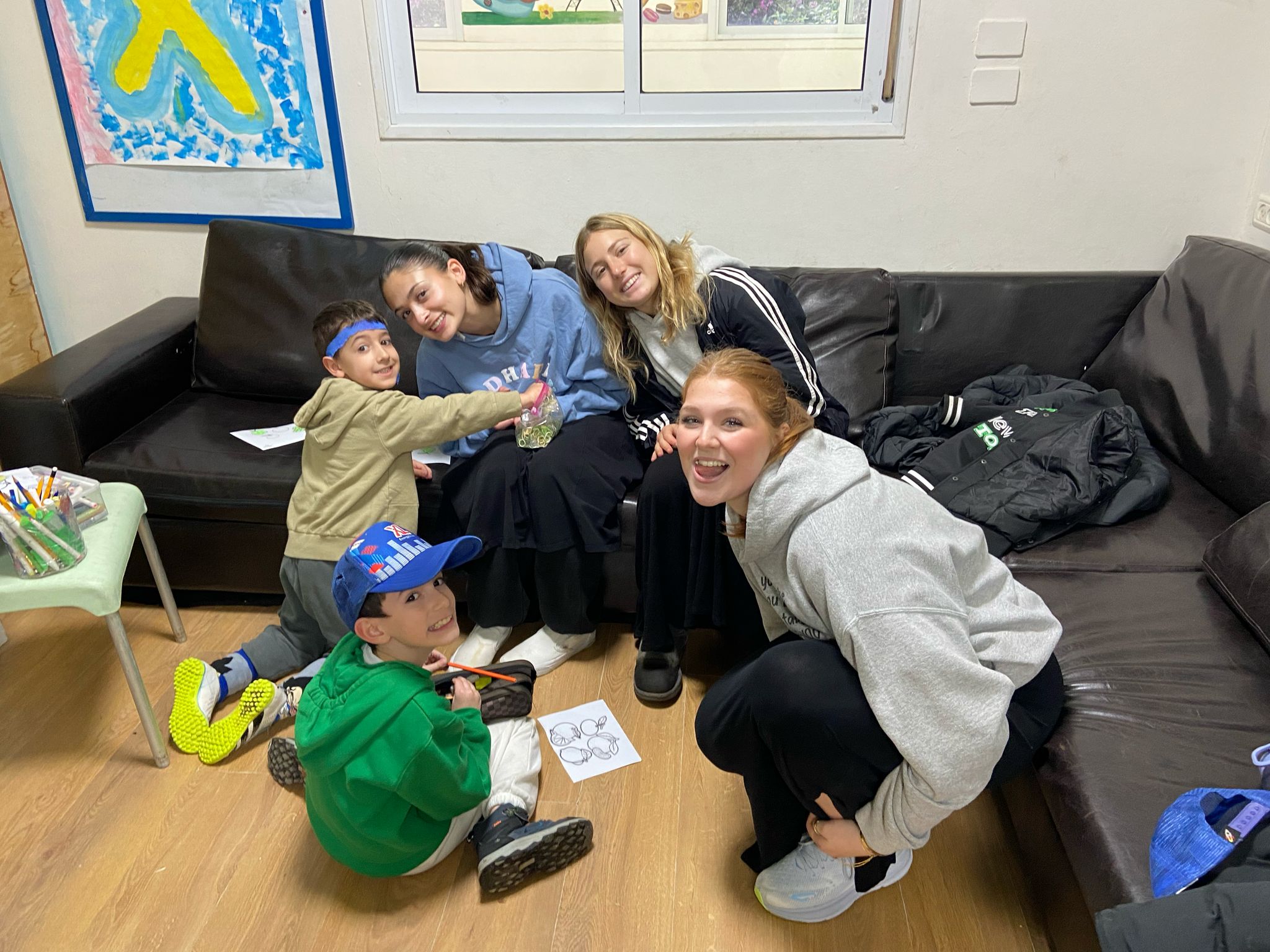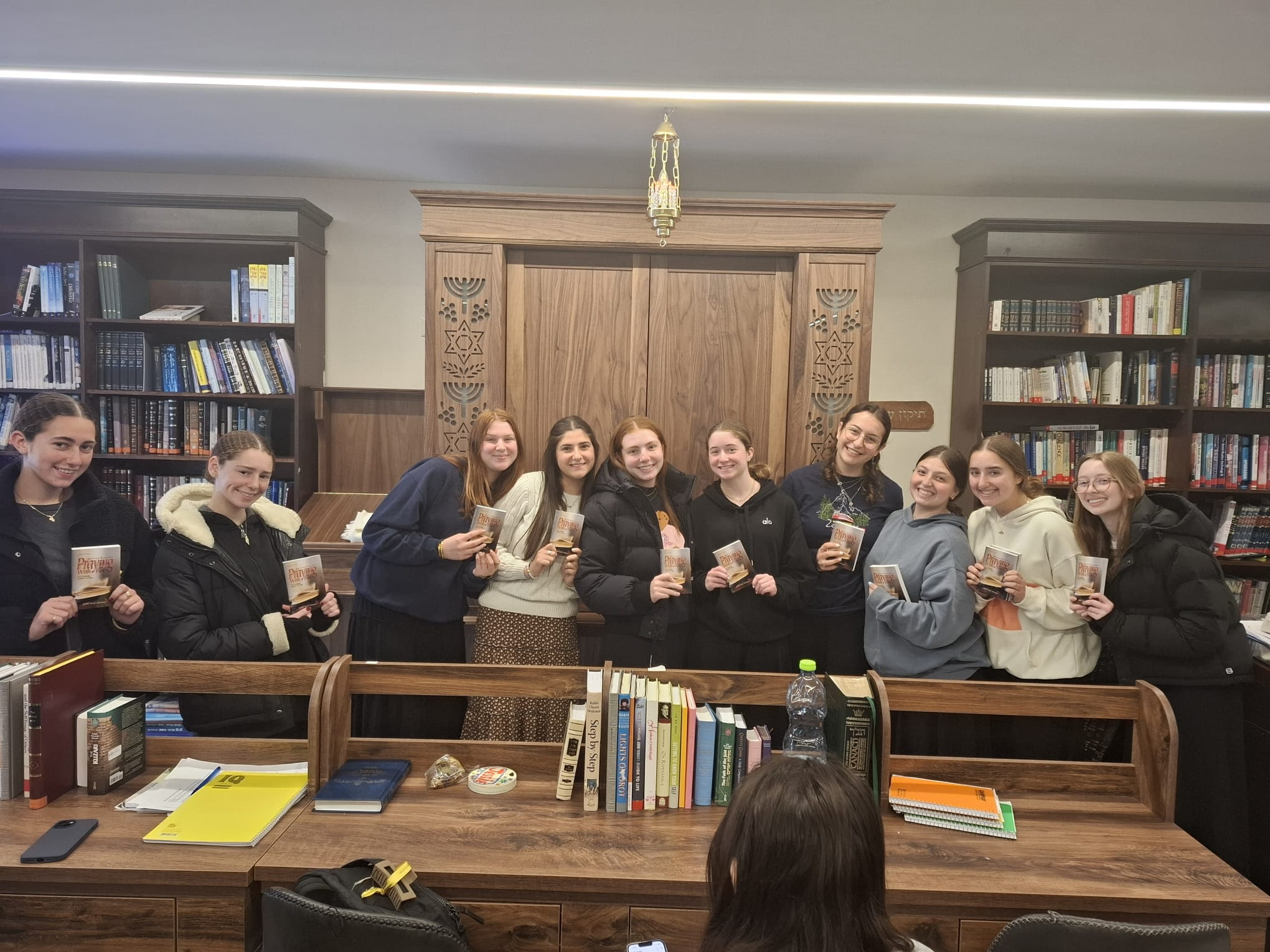
13 Feb MTC Highlights: Parshat Yitro
Rav Michael Sunshine - Rosh Beit Midrash
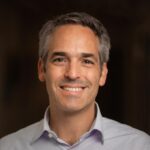
In innumerable shuls across the world this Shabbat, a most fascinating event happens. As the ba’al koreh is about to read the 6th Aliyah, everyone present will stand up to hear the Aseret Hadibrot, the Ten Commandments. More than just recognizing the importance or seriousness of the Aseret Hadibrot, the feeling and ambience around is that, at this moment, we, B’nei Yisrael, are receiving the Torah at Har Sinai, just as Am Yisrael did over 3,000 years ago.
The importance of the Aseret Hadibrot is not only fundamental to the Jewish people, it is also foundational to all nations of the world and to the existence of the world itself.
In the beginning of Parashat Bereishit Rashi tells us everything that Gd created during Ma’aseh Bereishit actually stood in limbo, in a state of uncertainty, until Am Yisrael accepted the Torah. Then, and only then, was all of creation strengthened and affirmed.
It turns out then, Rashi explains, that the acceptance of the Torah on the 6th of Sivan, way into the future, in the year that Am Yisrael left Egypt and accepted the Torah, is considered as if the world was created. It is at this moment that the purpose of the world finally came into being.
And so, it makes sense, that, according to the Midrash, it was Matan Torah that compelled Yitro, the high priest of Midian, to join Am Yisrael and convert, as it is written in the beginning of the parasha, “Vayishma Yitro …. Vayavo”.
It was Gd’s revelation at Har Sinai, speaking to Am Yisrael, cementing our connection with Him as a goi kadosh and mamlechet kohanim, a holy nation and a kingdom of priests that caused Yitro to think his own place and purpose in the world.
The Sfas Emes explains that there are two layers to the Aseret Hadibrot: kol and dibbur (voice and speech). Dibbur, he says, is the actual articulation of the voice into words that allows for communication. Kol, on the other hand, is a much more primary sound. Rather than being less developed than dibbur, kol is a deeper and more intimate sound. It is the sound that tells of the innermost depth and meaning, it is the sound of identity.
When Ya’akov dressed up as Eisav to receive the bracha from his father, Yitzchak touches and feels Ya’akov’s hands and declares, “Hakol kol Ya’akov vehayadim yedei Eisav,” “The voice is the voice of Ya’akov, and the hands are the hands of Eisav.” It wasn’t the external marks that identified Ya’akov, it was the sound of his voice that betrayed his true identity.
Vayishma Yitro. Yitro heard about Matan Torah. While he was not present to hear the words of the Aseret Hadibrot, he heard the kol, the voice of Hashem, not only speaking to Am Yisrael, but to him as well. It was this voice that resonated within him and triggered him to question who he is, what he stands for, and to find his way in life. And Yitro responded. Vayavo. And Yitro came and joined Am Yisrael.
This Shabbos, we rise as we read the Aseret Hadibrot, we stand to hear the words, the dibbur of the Aseret Hadibrot. But there’s a question we also need to be asking. Are we listening? Are we hearing? Not just to the words, but to the resonating voice of the Aseret Hadibrot, to the voice of Hashem.
Shabbat shalom.
Student Reflection
Leora Klinger - Sharon, MA - Maimonides School, MA
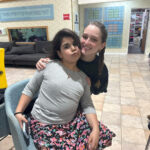
MTC has become more than just a place I spend my time—it’s truly become a second home, shaping me in ways I never expected. From the moment I arrived, I was welcomed into an environment that radiates warmth, growth, and purpose. It really is crazy how fast time is flying and that we have already passed the halfway mark, but I’m so grateful for every moment and excited to see what the rest of this journey holds.
Coming in as an out-of-towner, I was definitely nervous about meeting everyone and finding my place in this new environment. But from the very beginning, everyone was very kind and welcoming, and I quickly made myself very comfortable here! The sweet group of girls and the support from all the staff really helped with this smooth transition and created an overall warm and accepting atmosphere.
Learning at MTC has been quite impactful. I love applying my new knowledge to my daily life. Whether it’s Torah insights, new Hebrew words, or practical lessons about keeping a kosher kitchen and Shabbat laws, I find myself constantly growing in different ways that enrich my experience here at MTC.
My highlight at MTC would have to be afternoons with my kids at Beit Elazraki. My group is Tzeriot 1, which is girls ages 9-12. Every day, I am greeted with hugs and huge smiles, which always makes my day. Although, at first, it was hard to create bonds with each girl, the connections I have with the girls are now unique and meaningful. Whether we are braiding hair, watching TV, or making tiktoks, each moment we share brings us closer. My girls have taught me the importance of patience, empathy, and simply being present, and I am so grateful for them.
This past Monday, we visited Yad Vashem, Israel’s Holocaust museum, as part of our preparation for our upcoming trip to Poland. Walking through the exhibits and hearing the stories of resilience and loss made the history feel even more real and personal. Now, I can go into the Poland trip with a deeper understanding of the history, enhancing my experience.
I am so grateful for all the amazing memories I have made here at MTC, and I can’t wait to create even more in the second half of the year!


